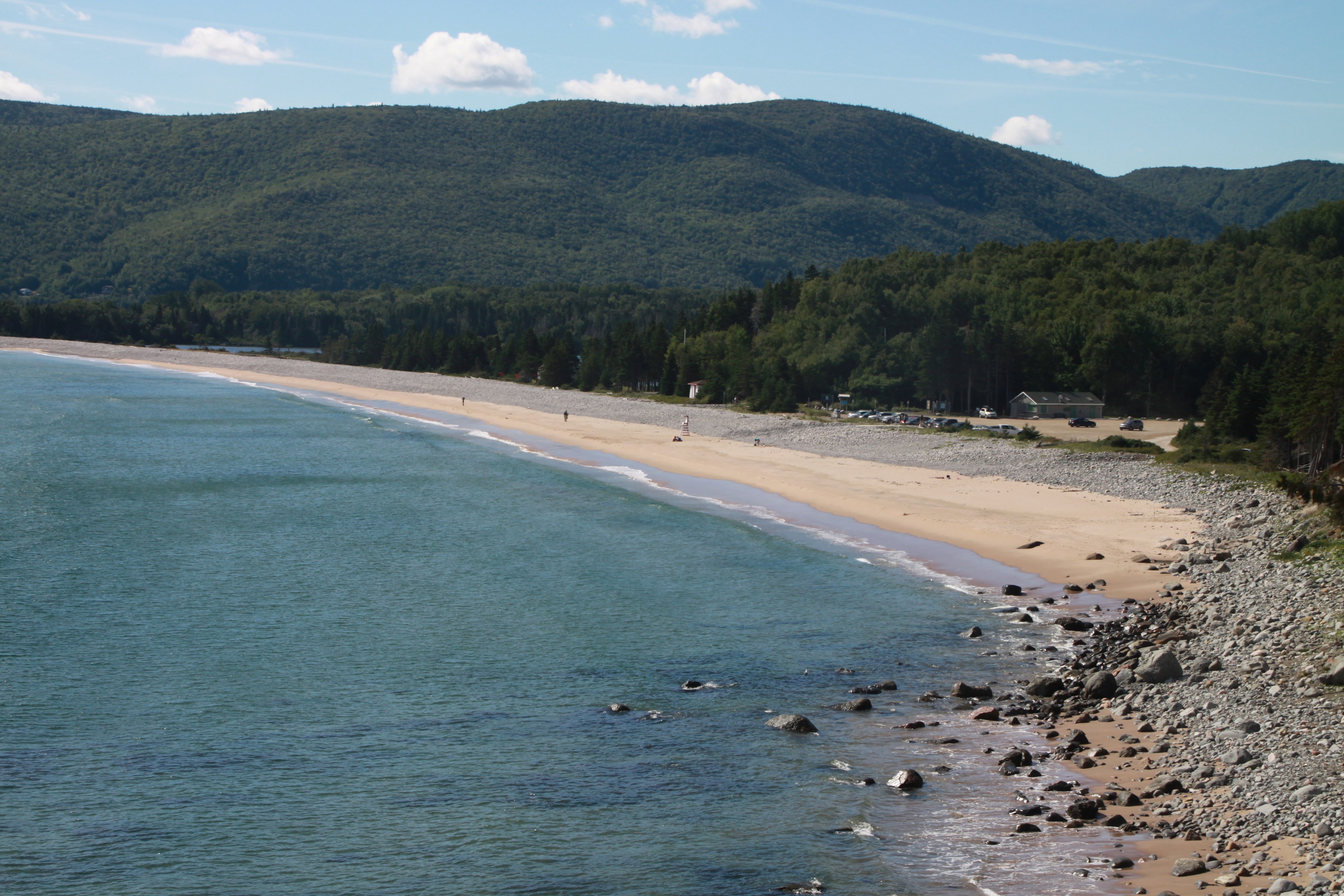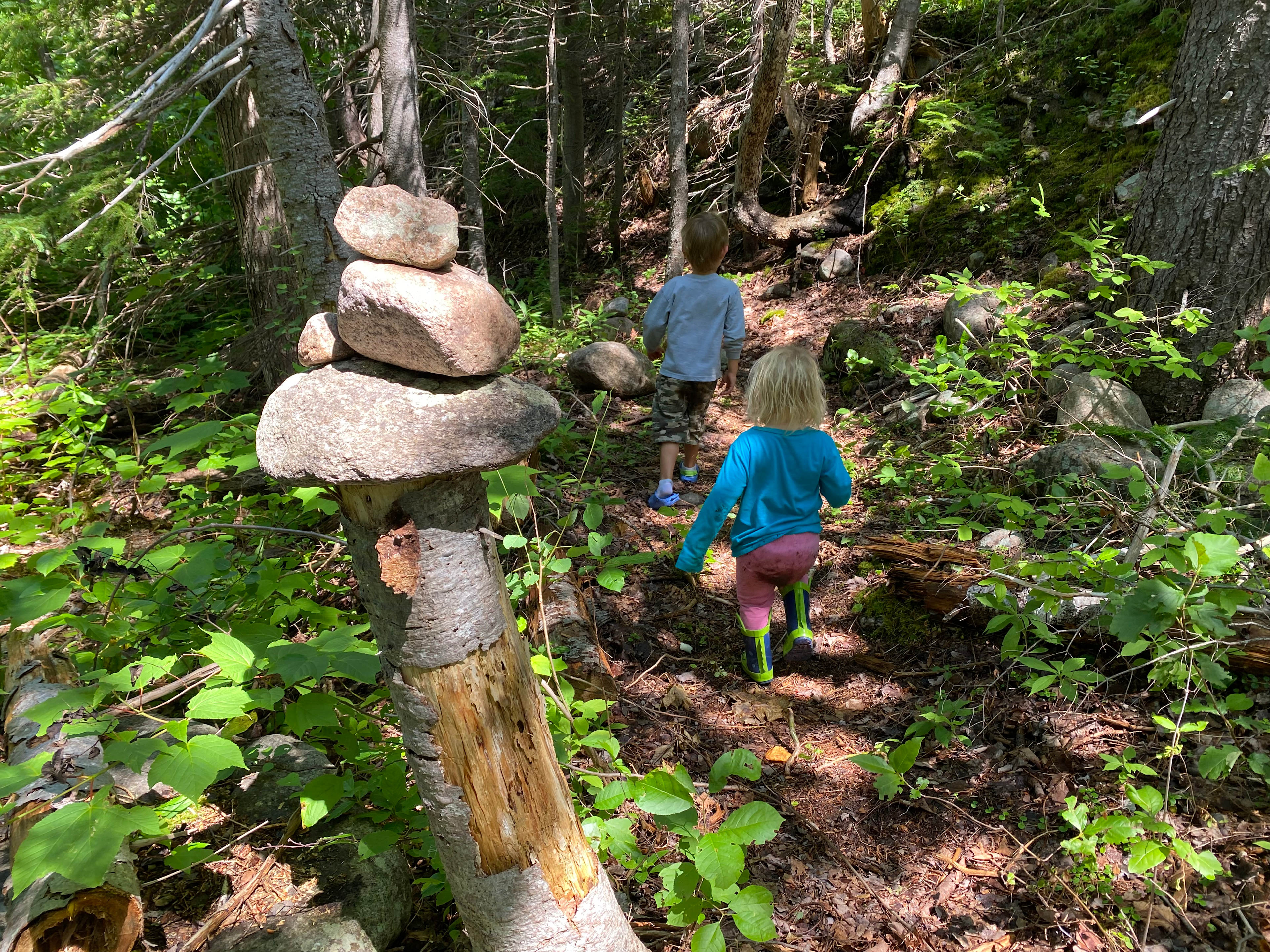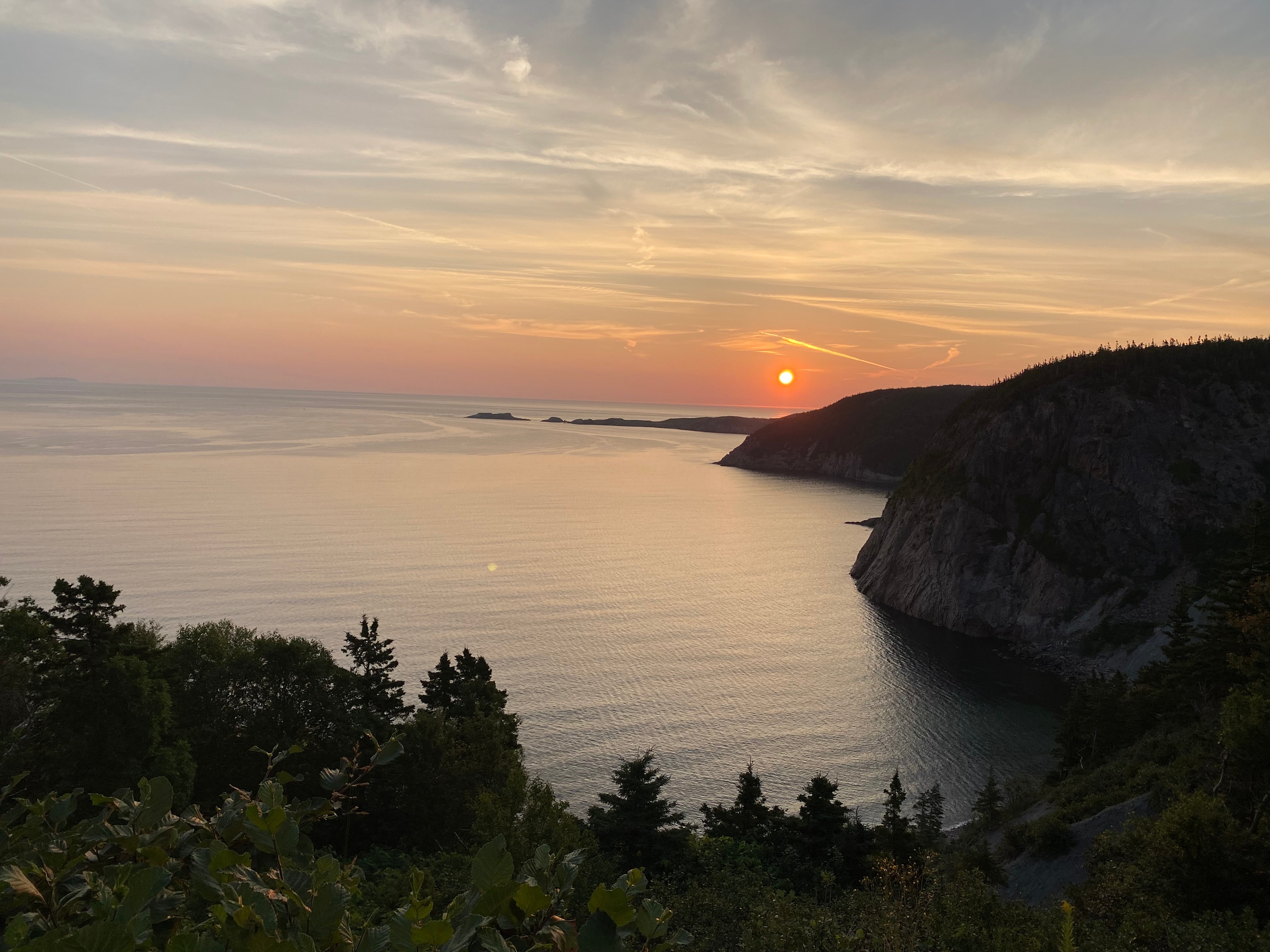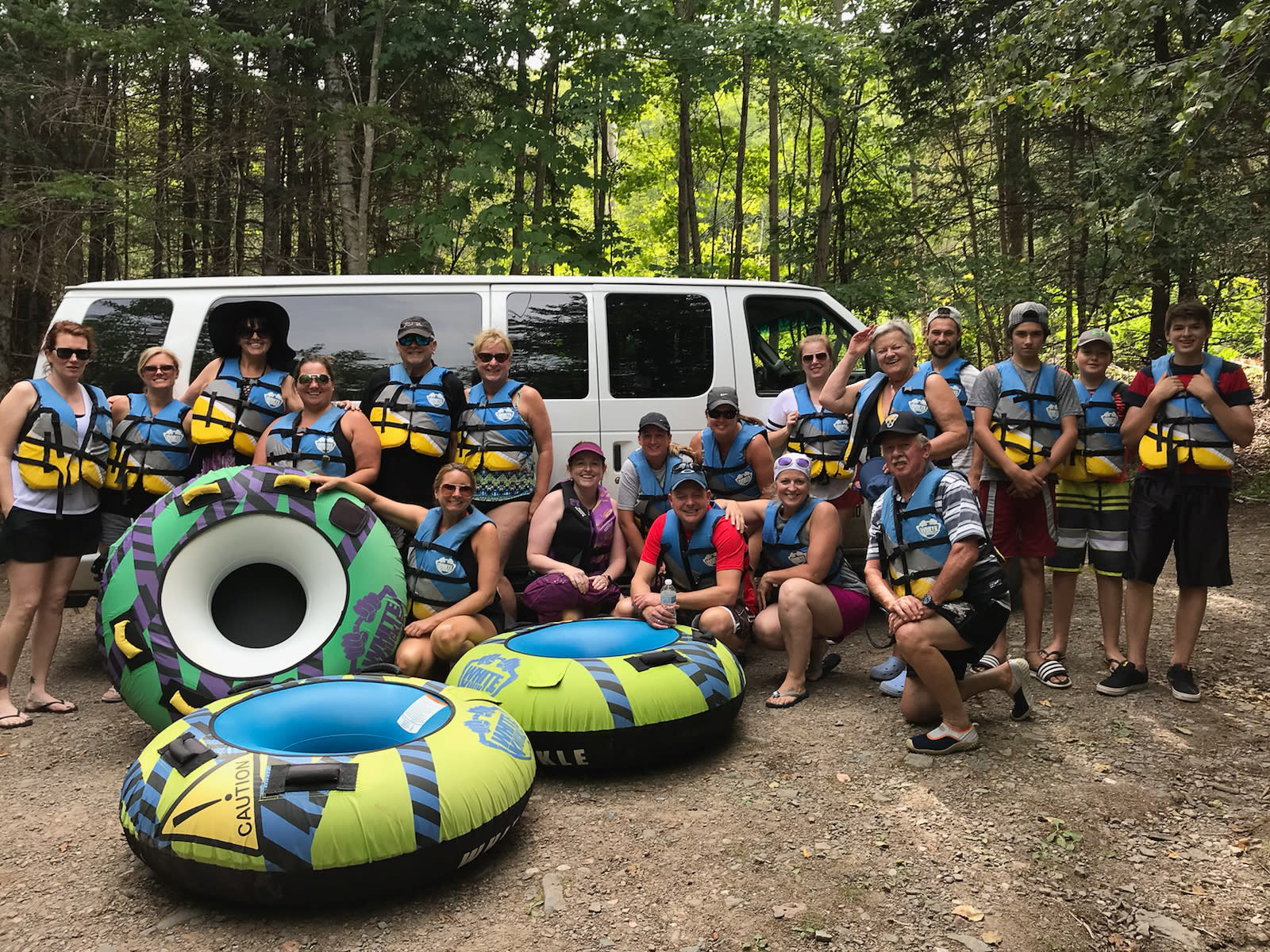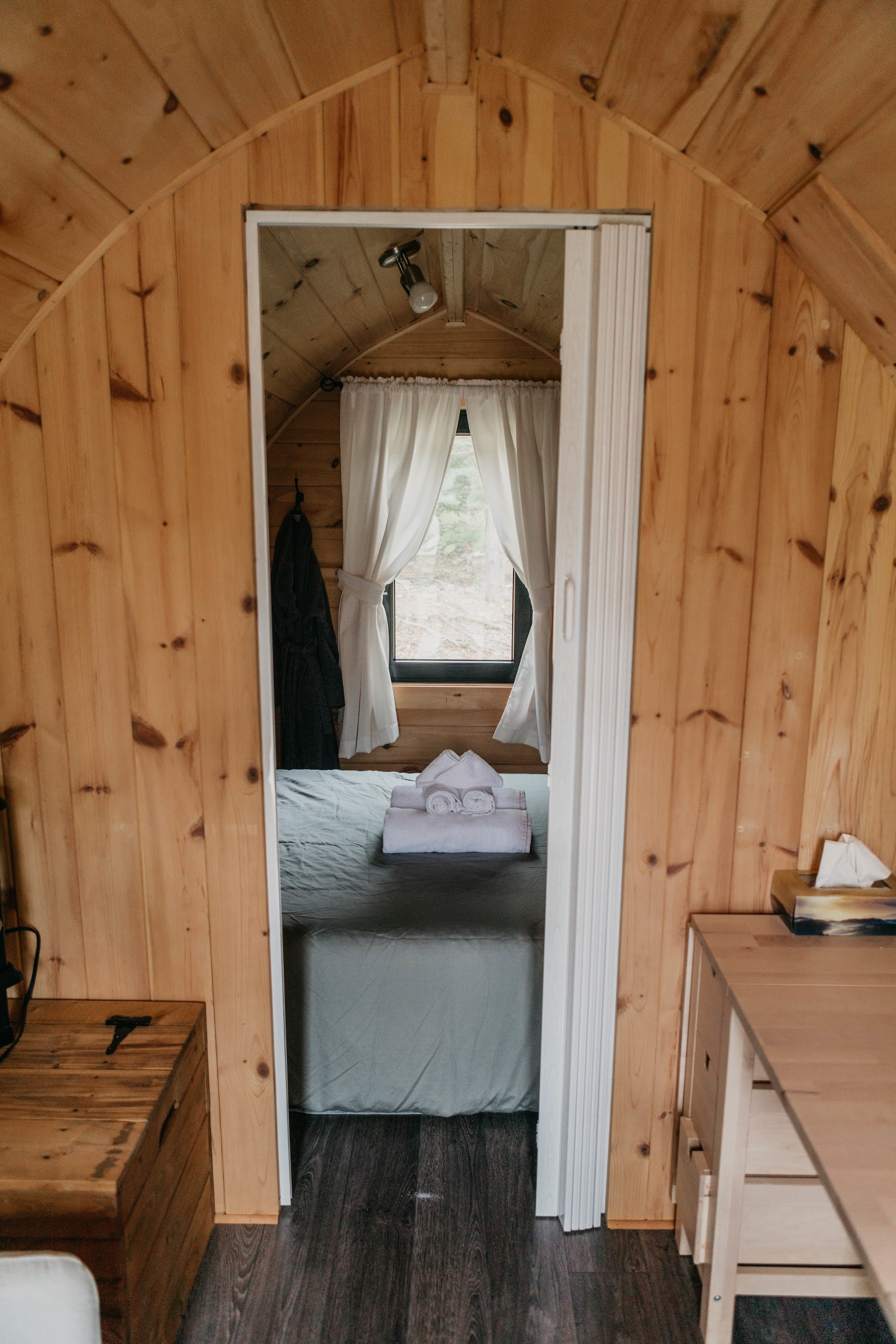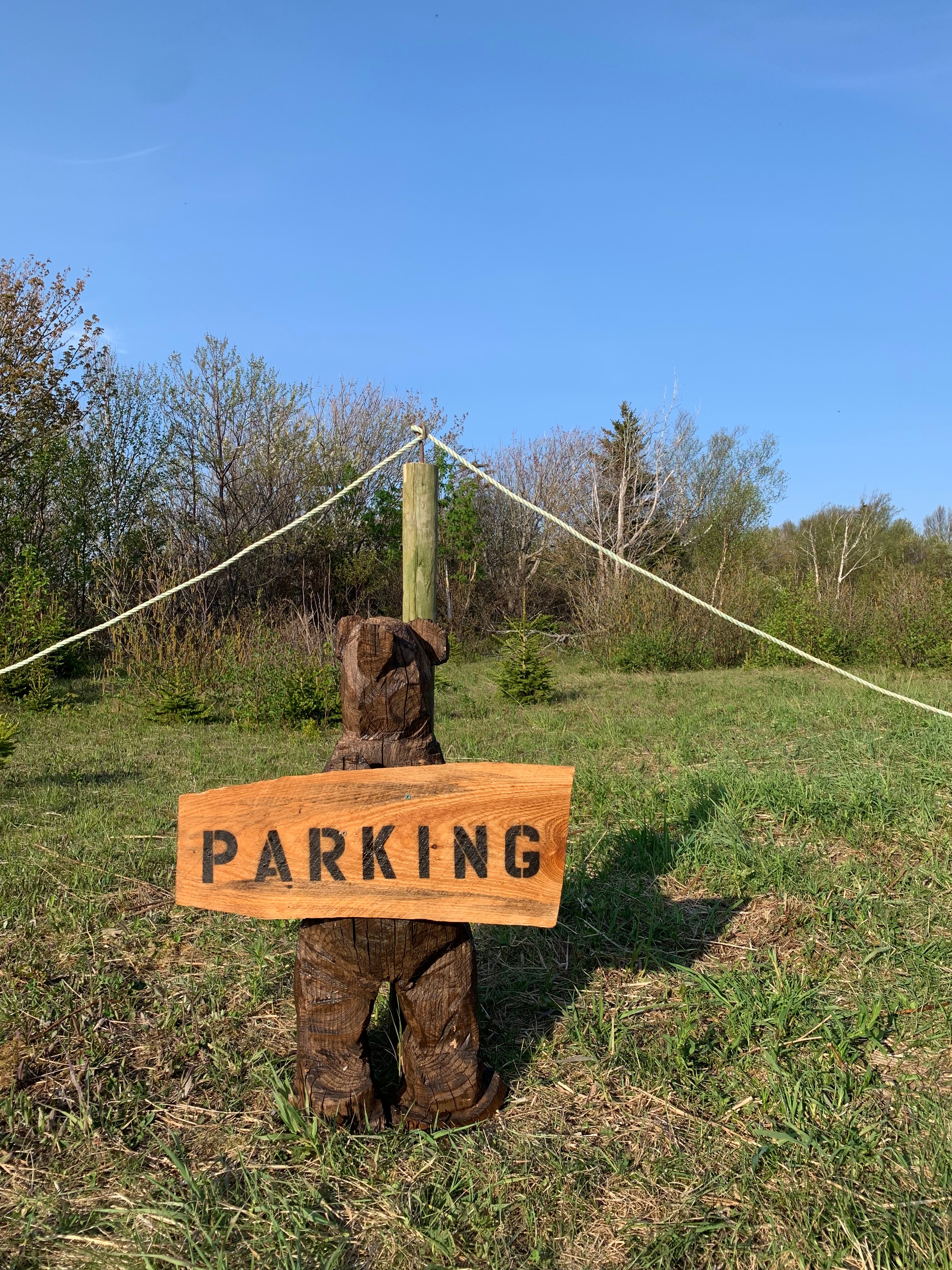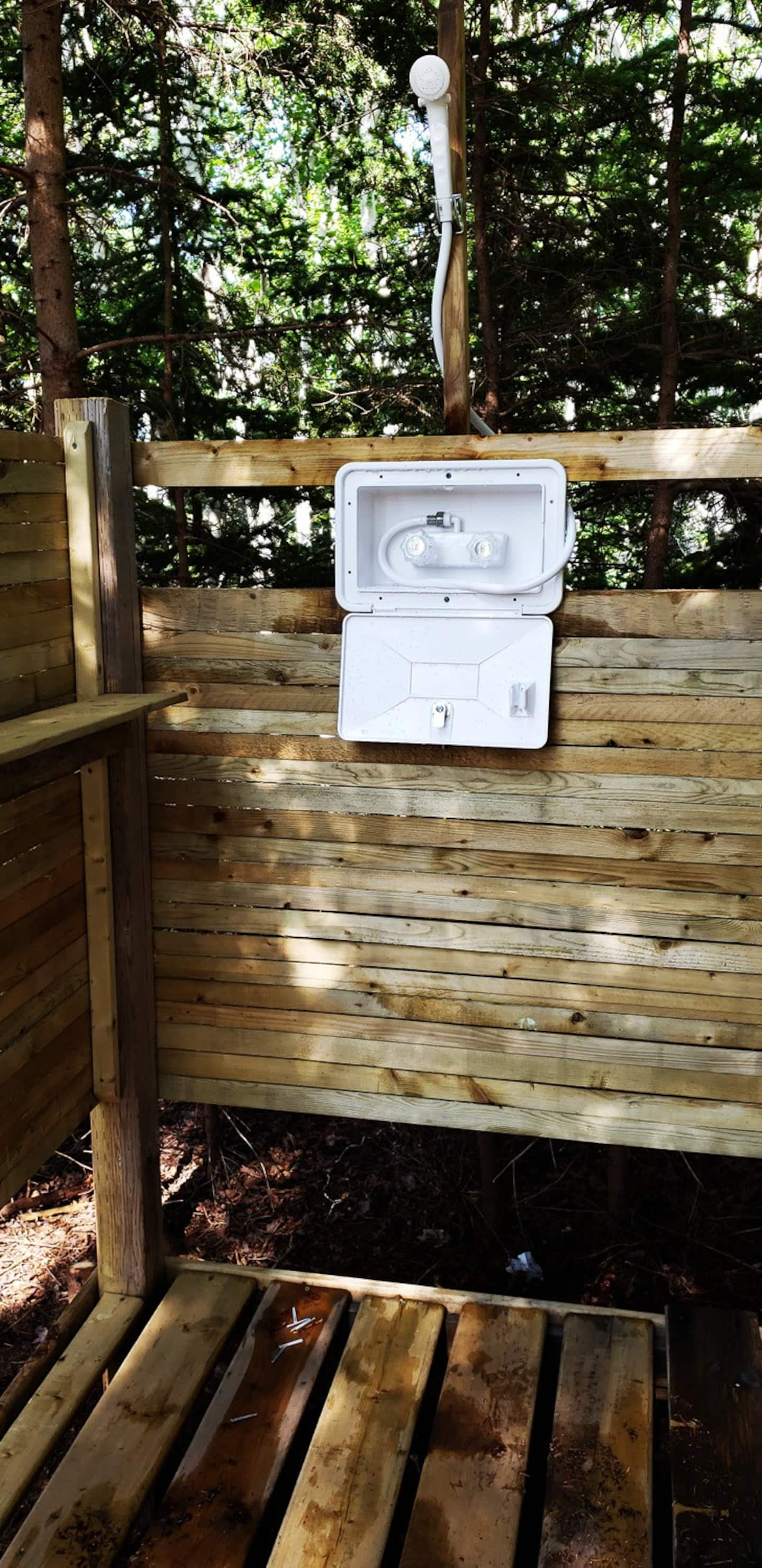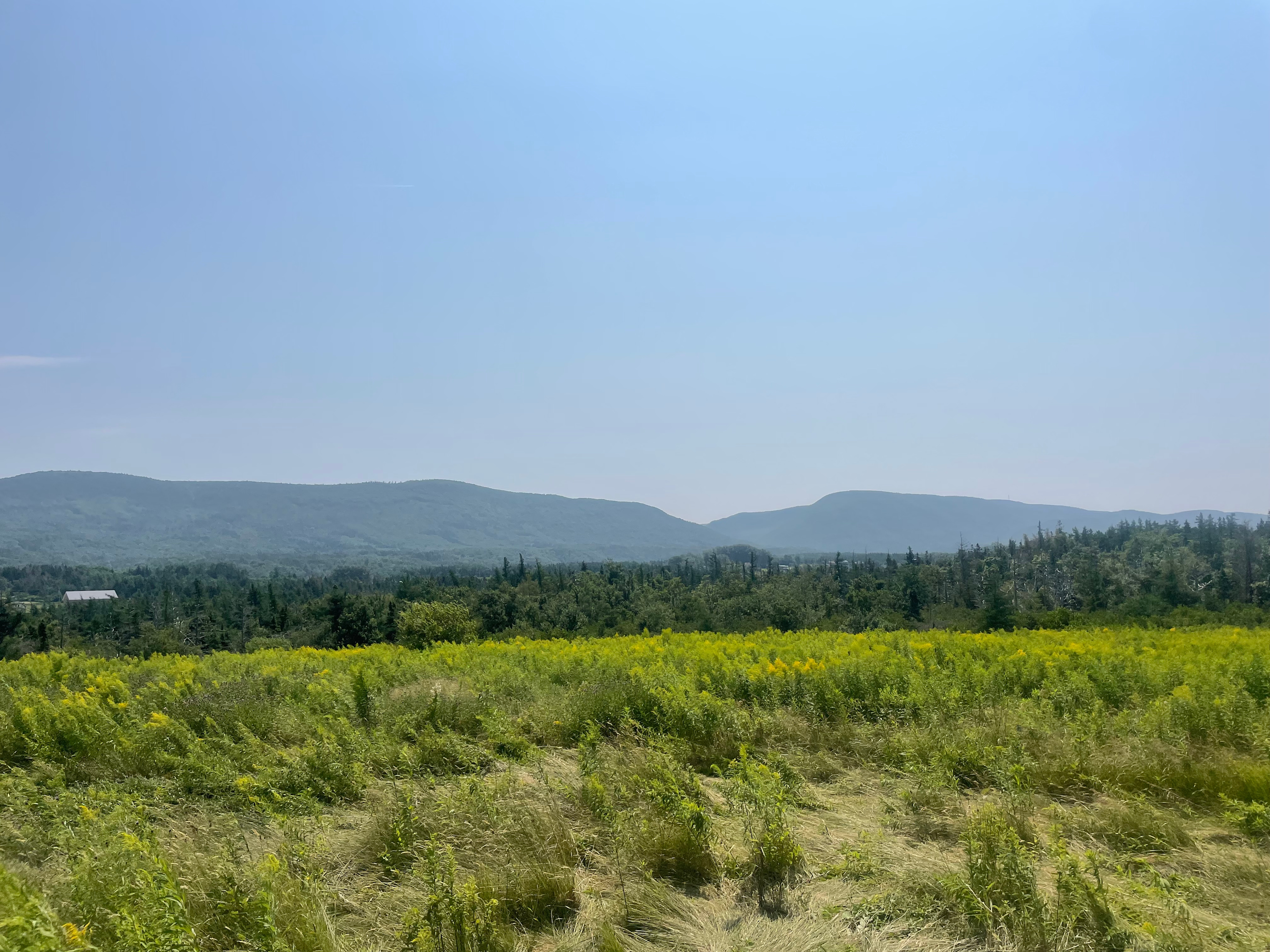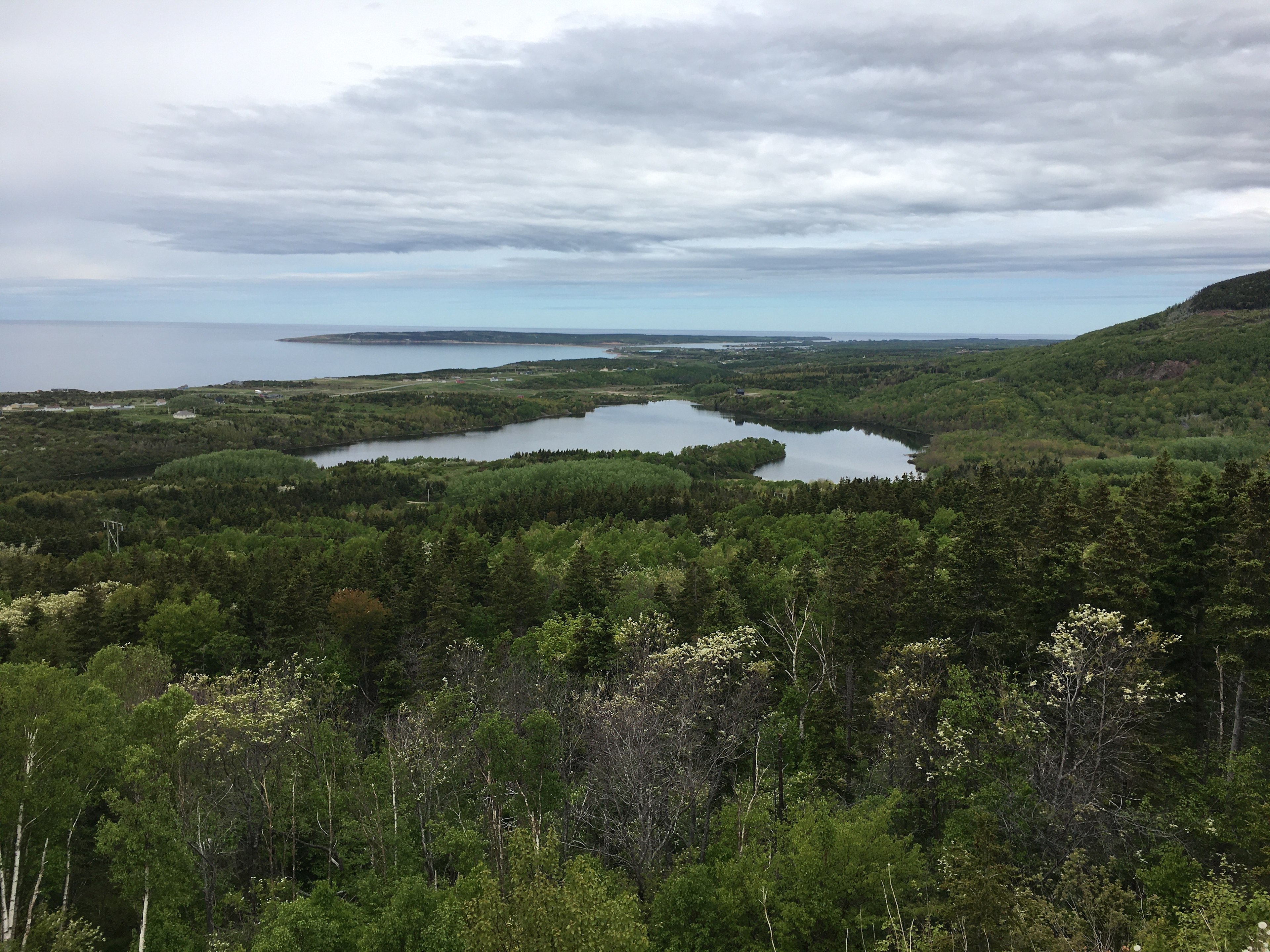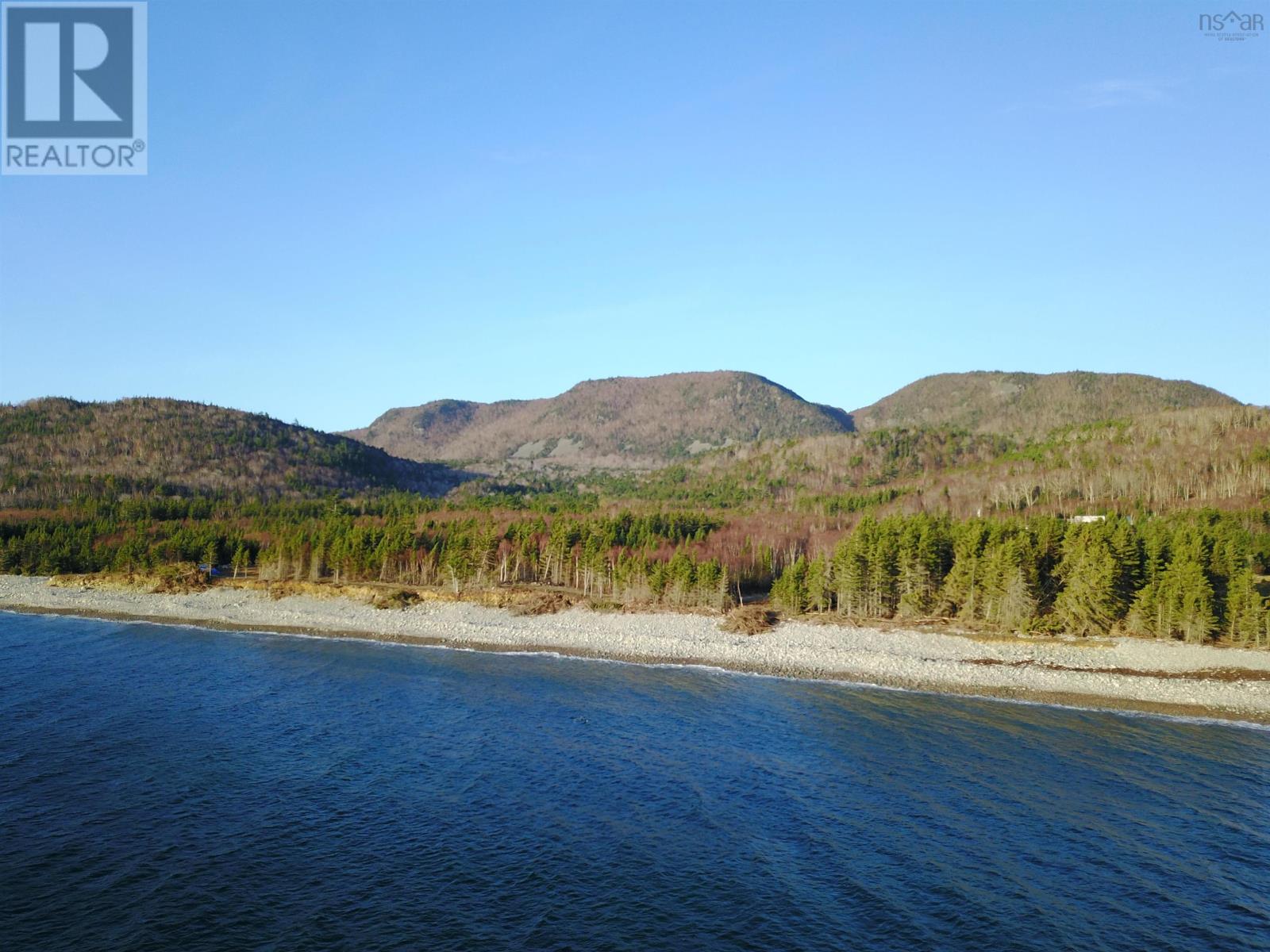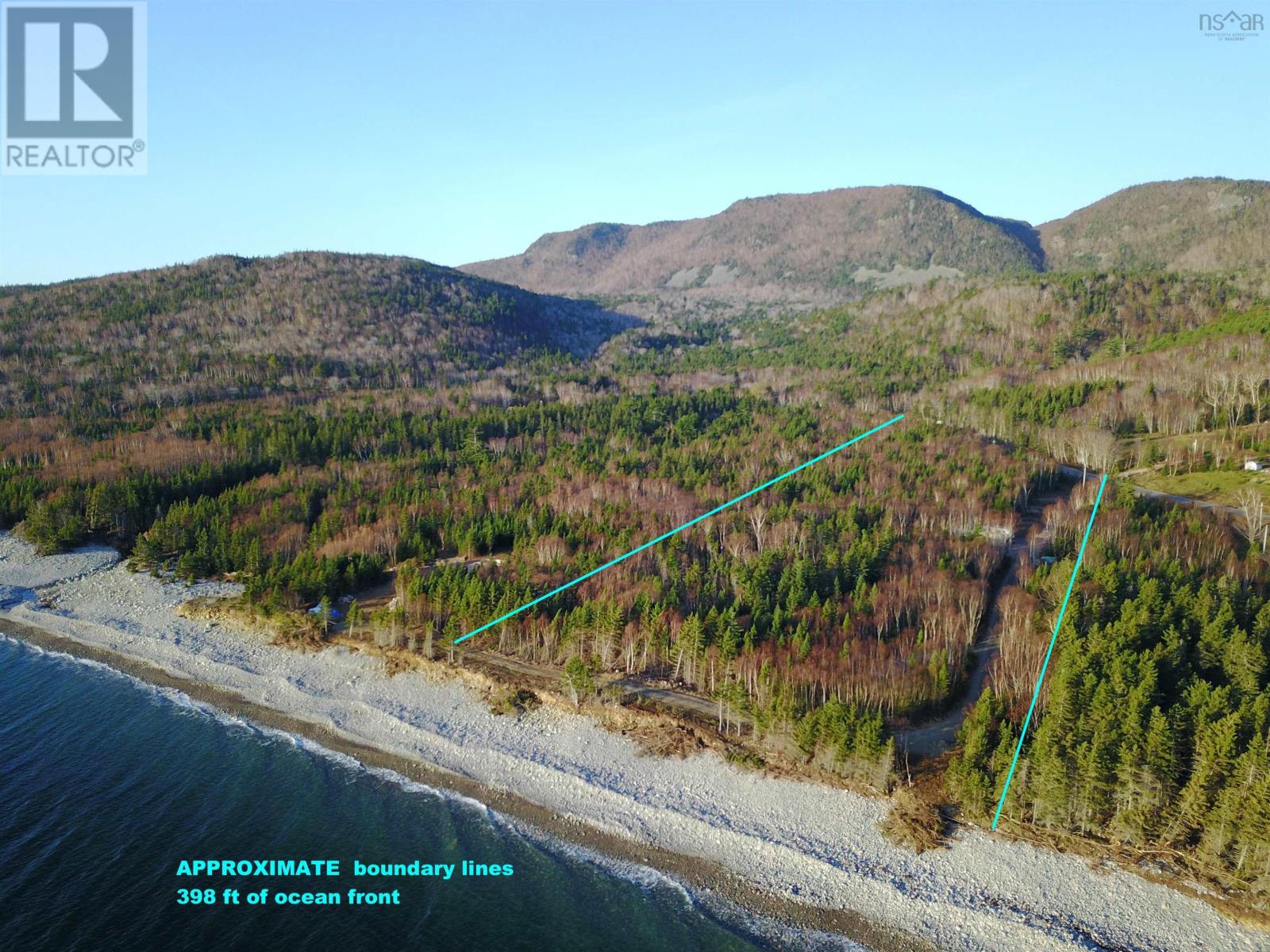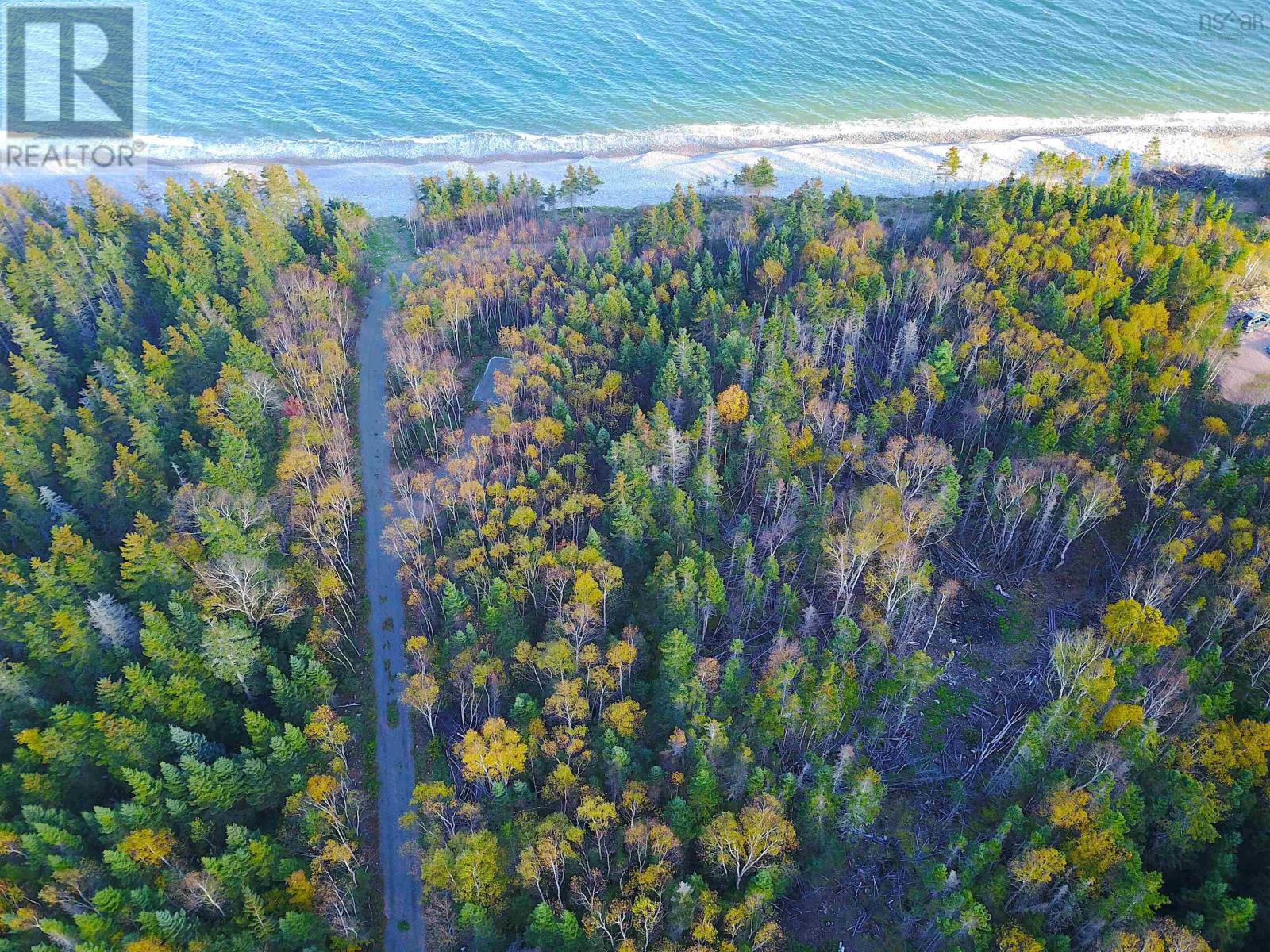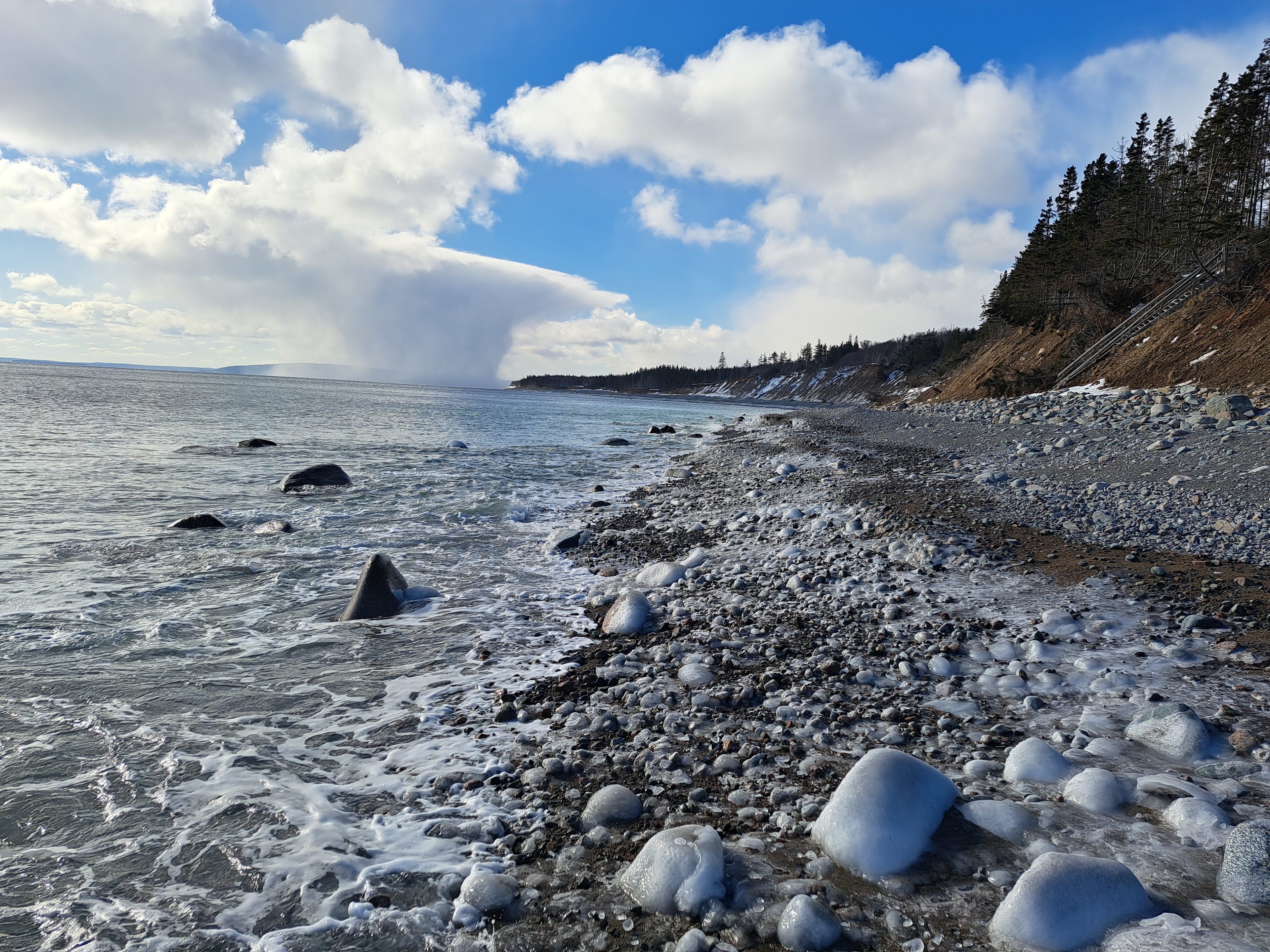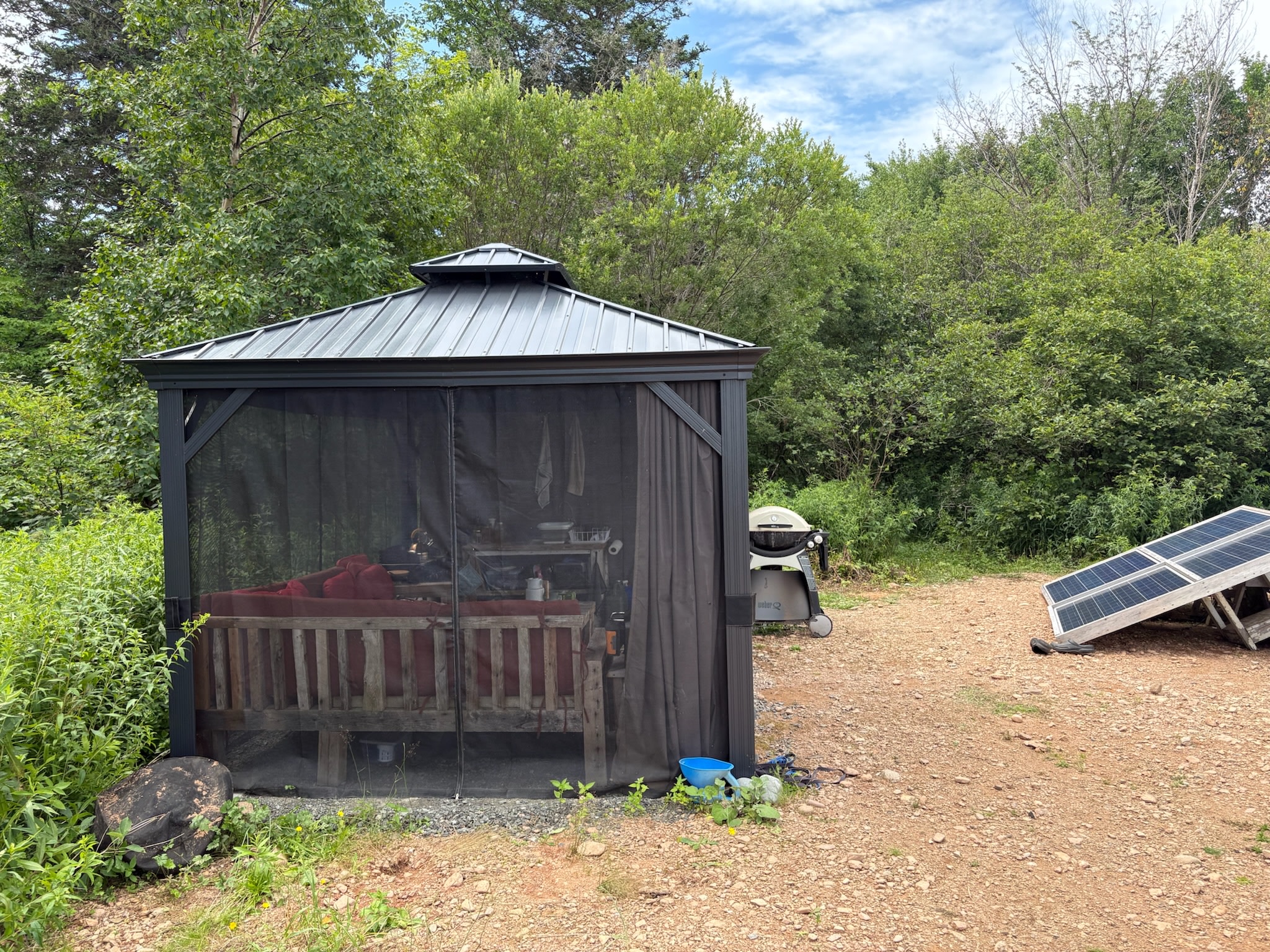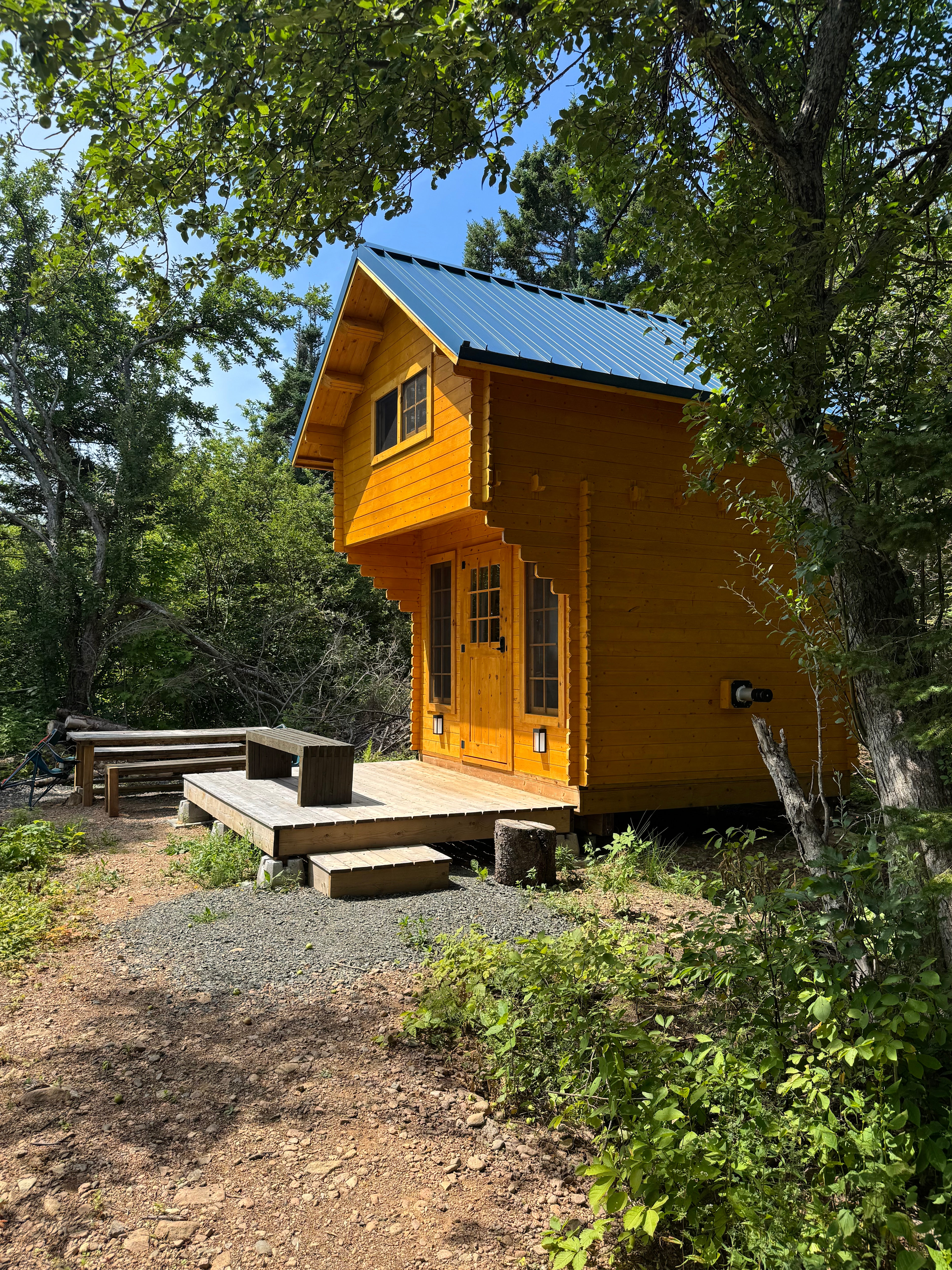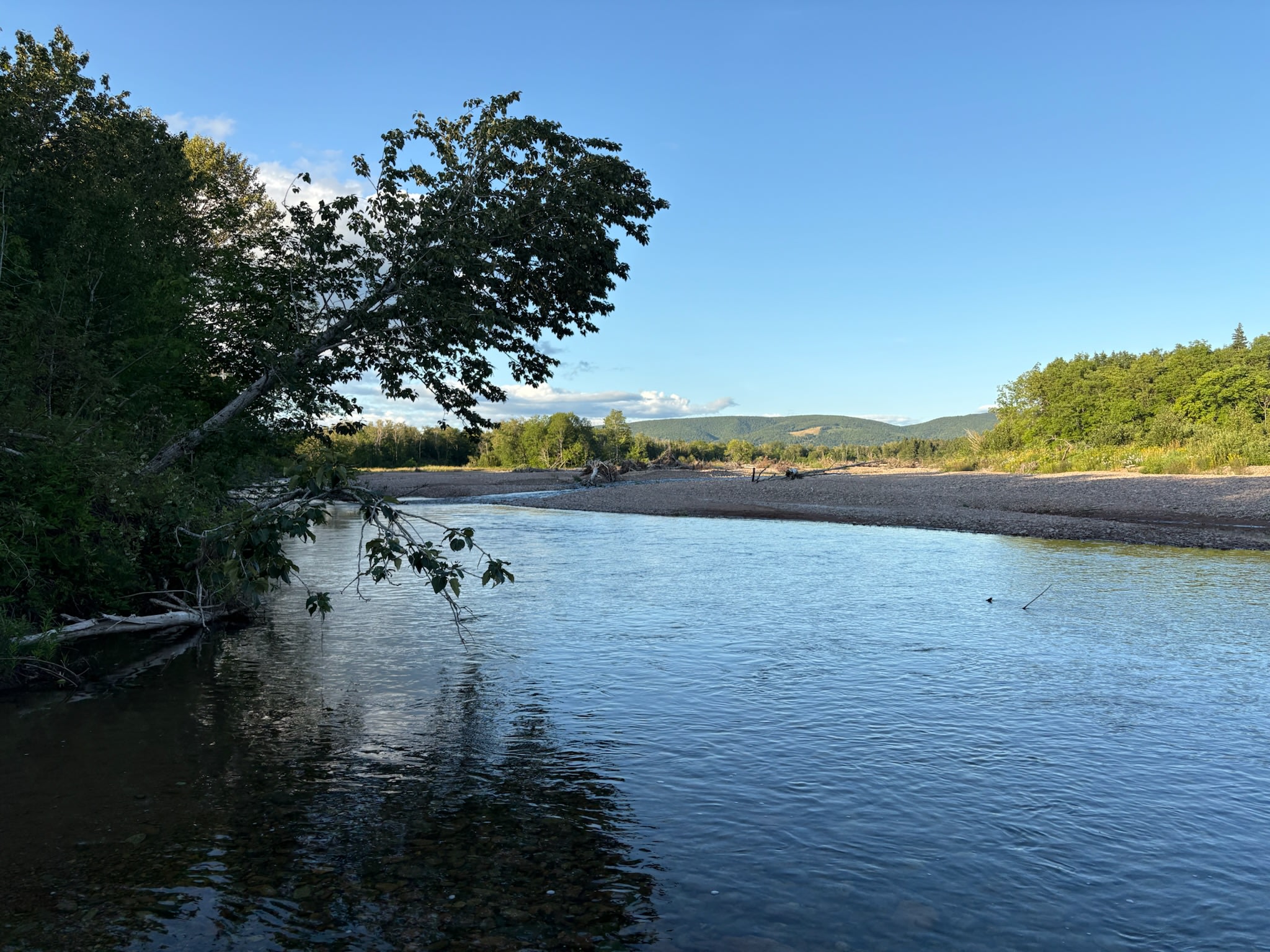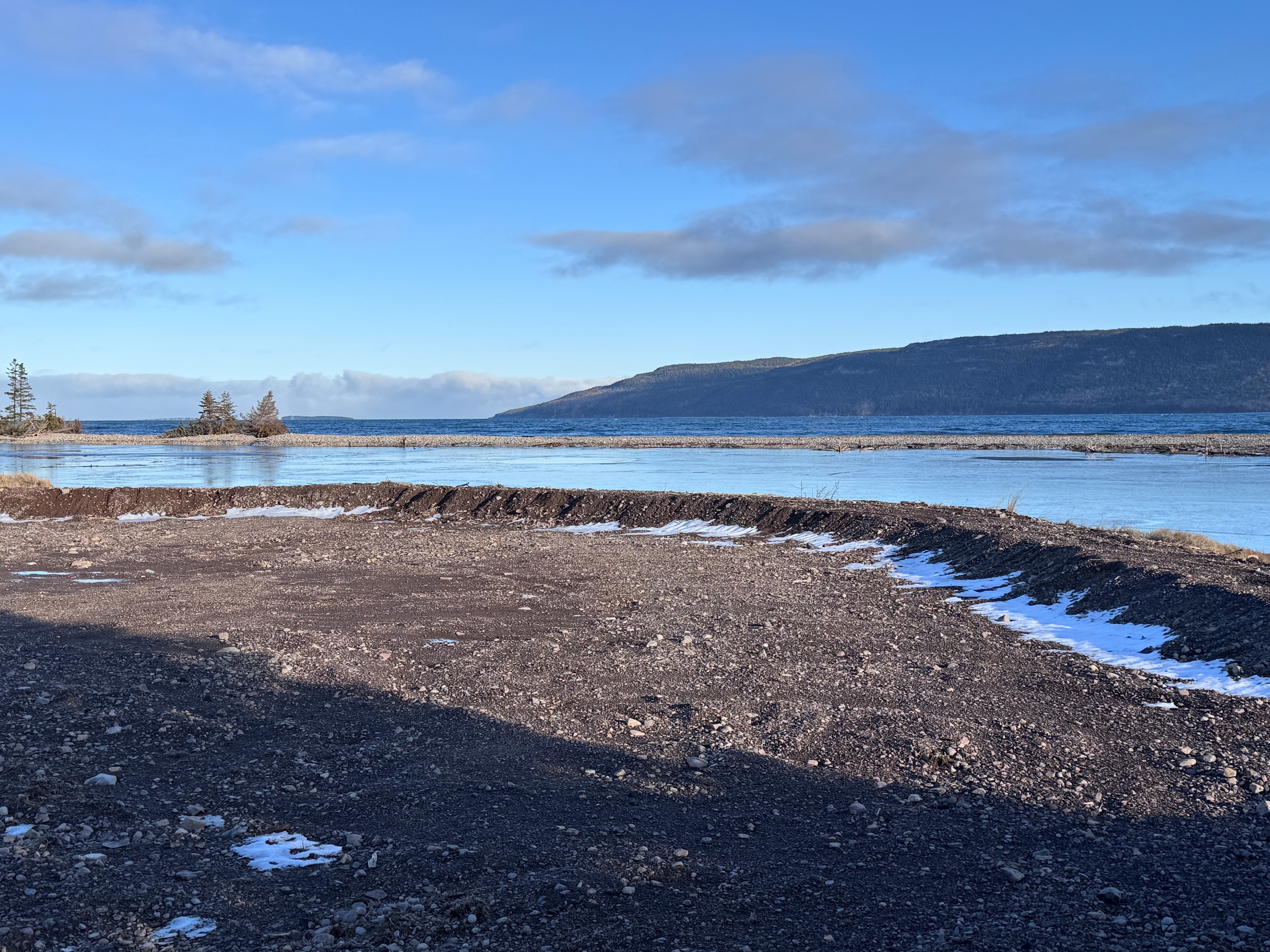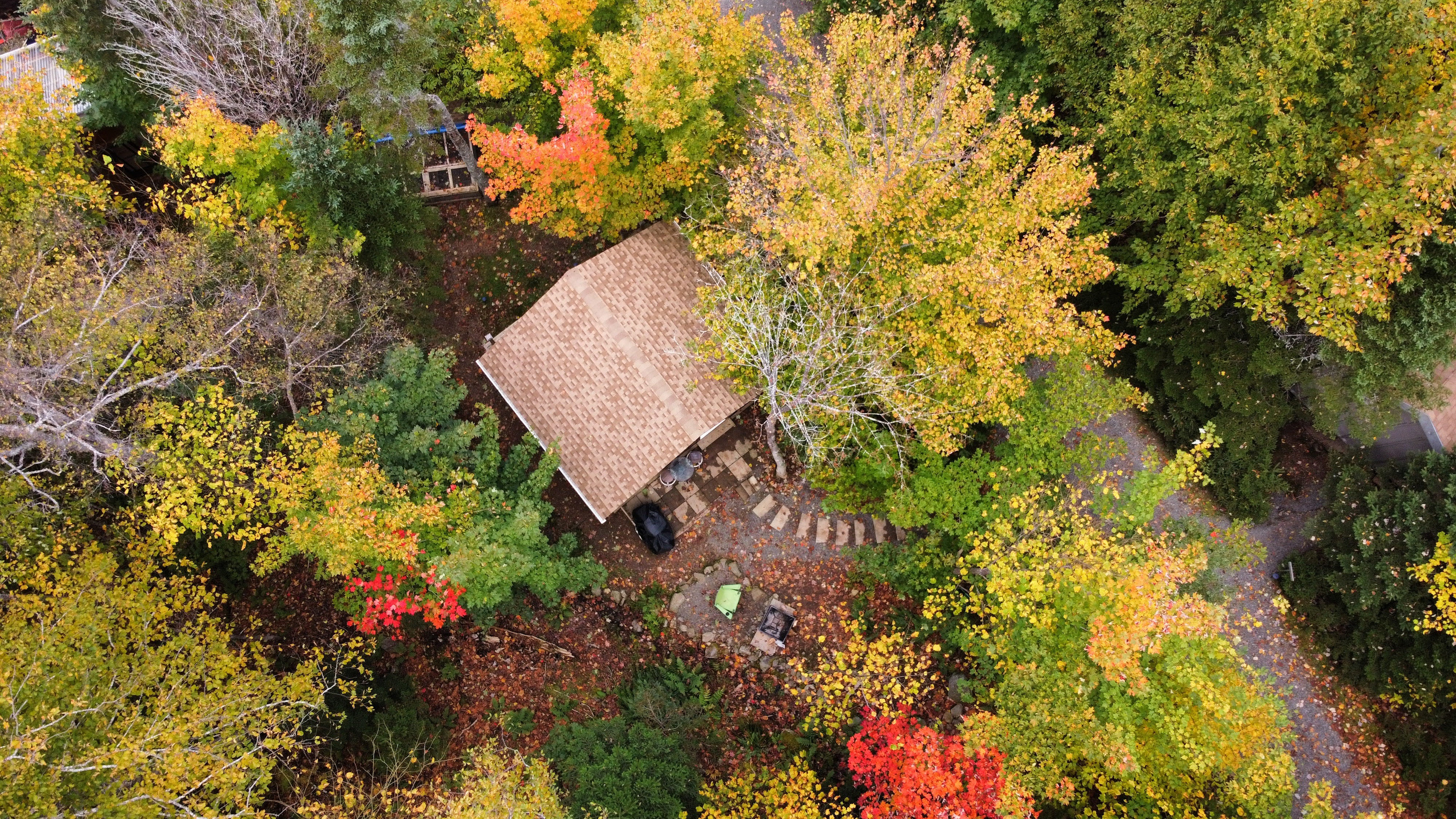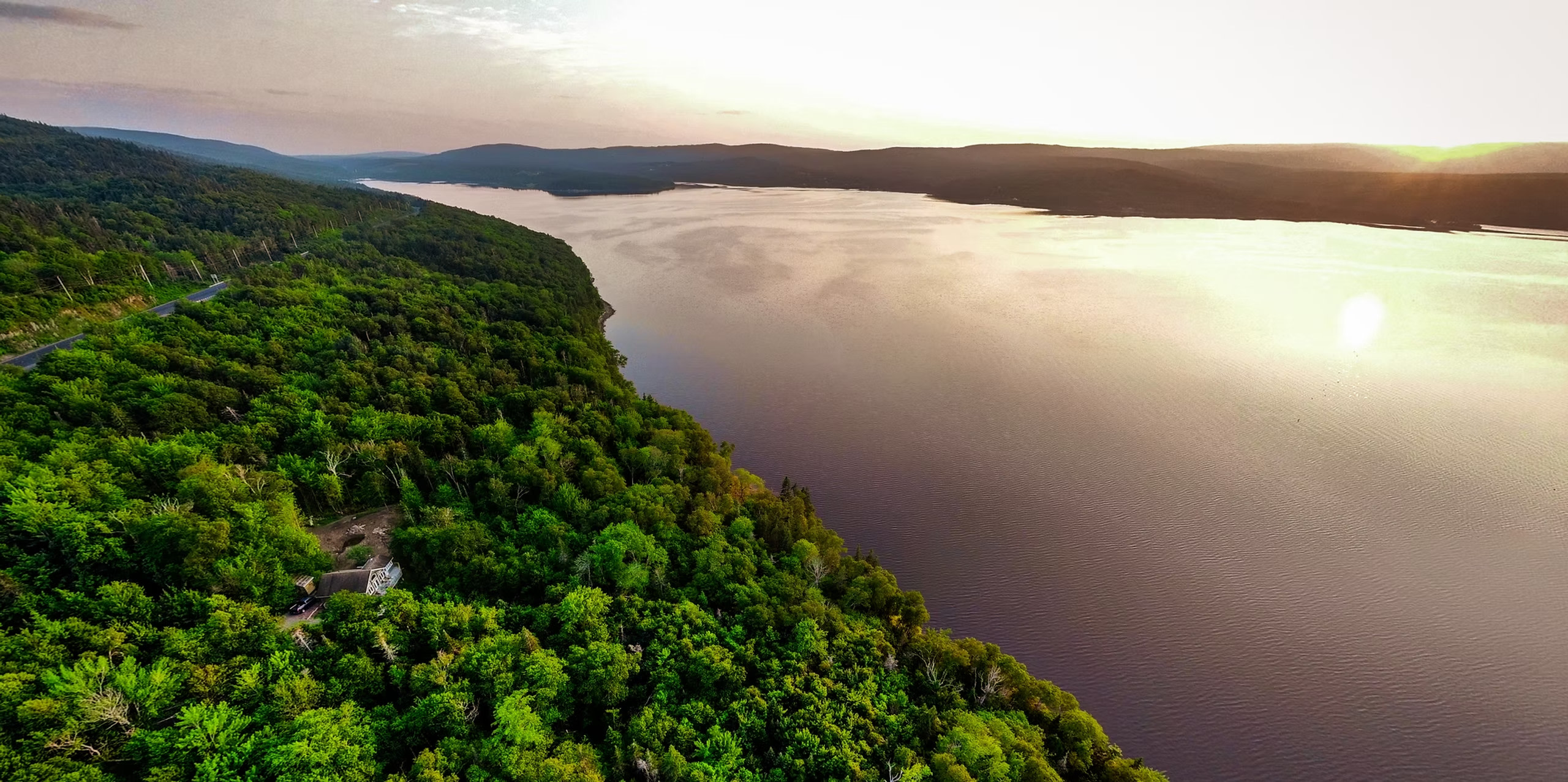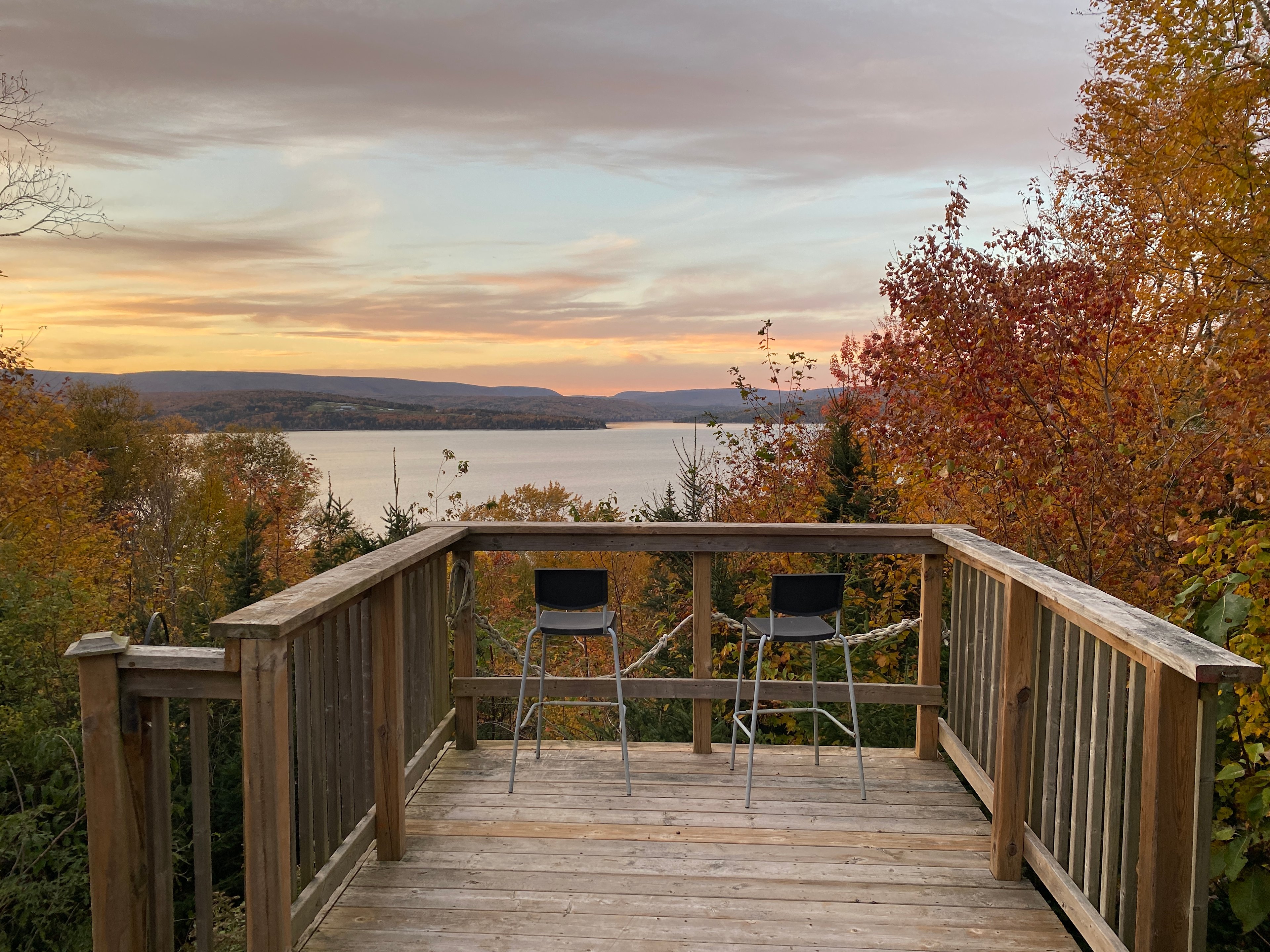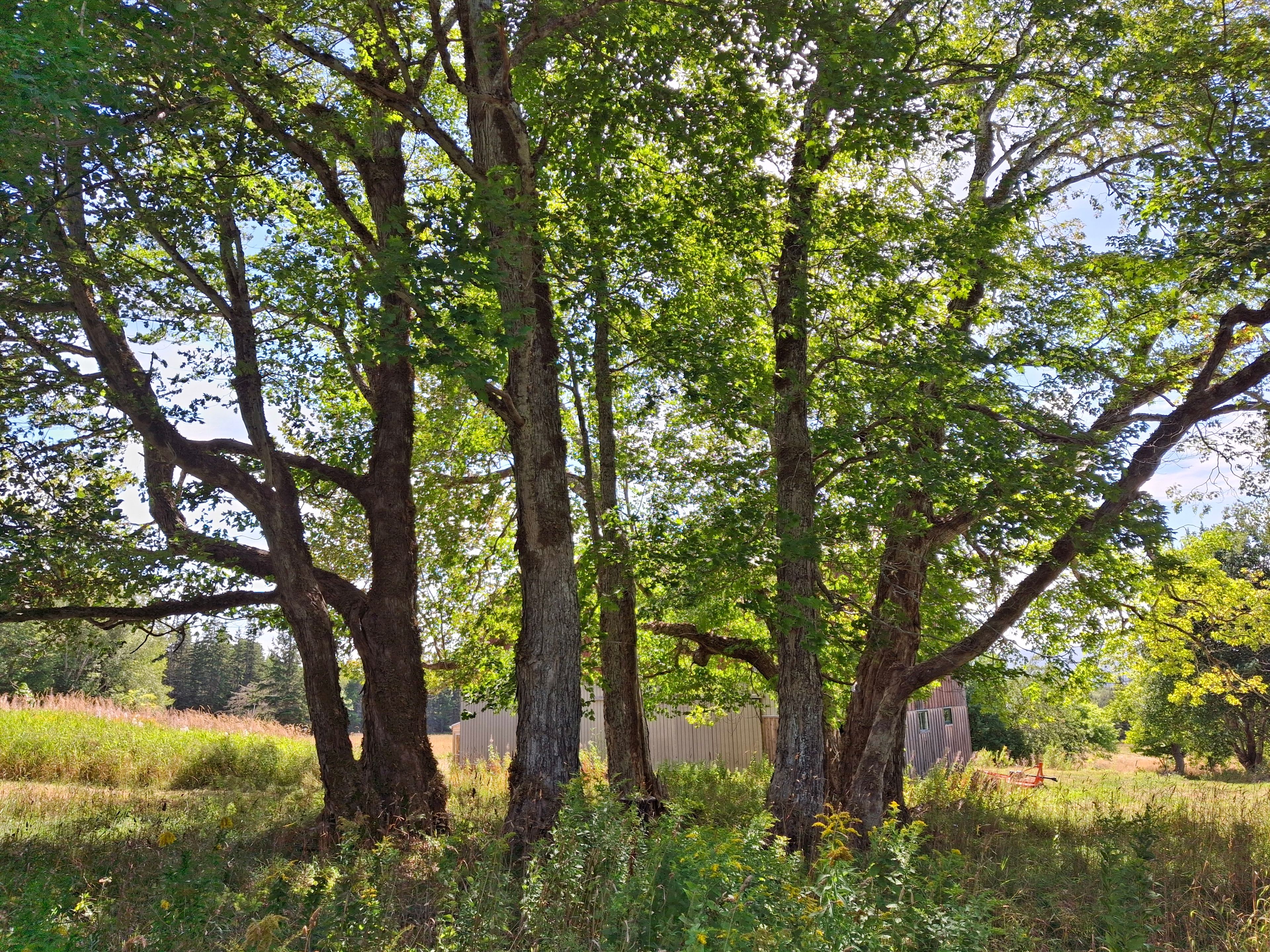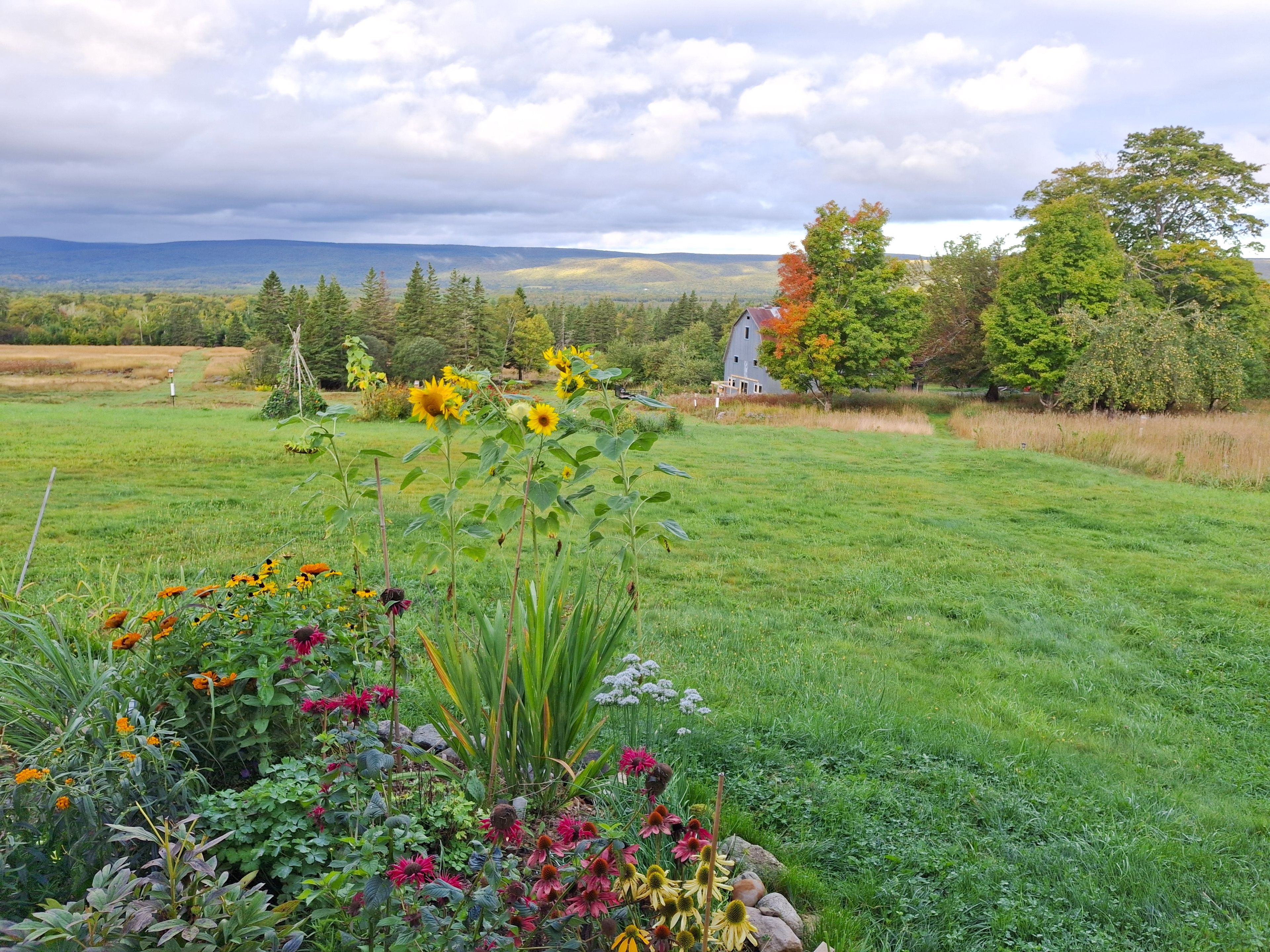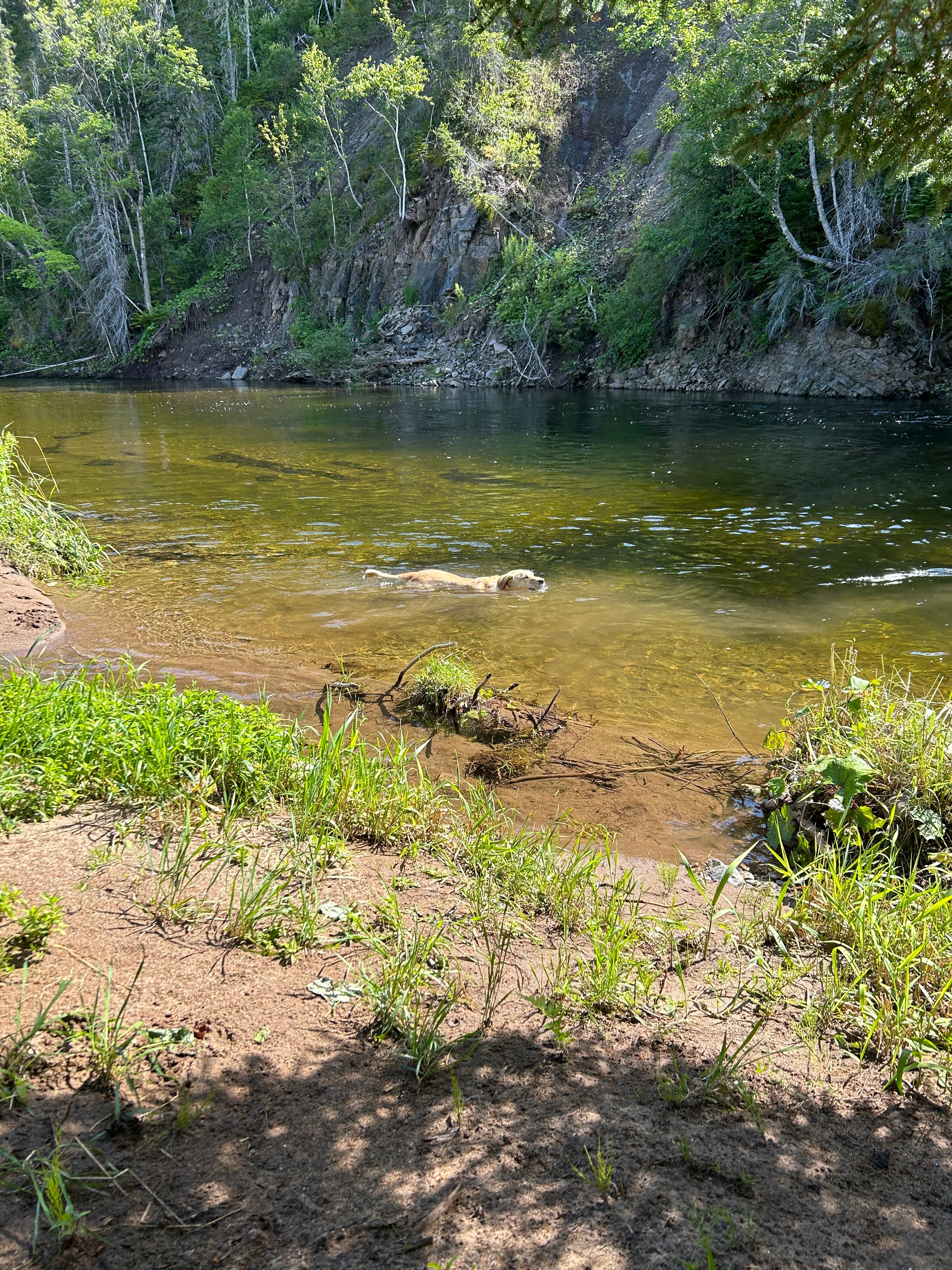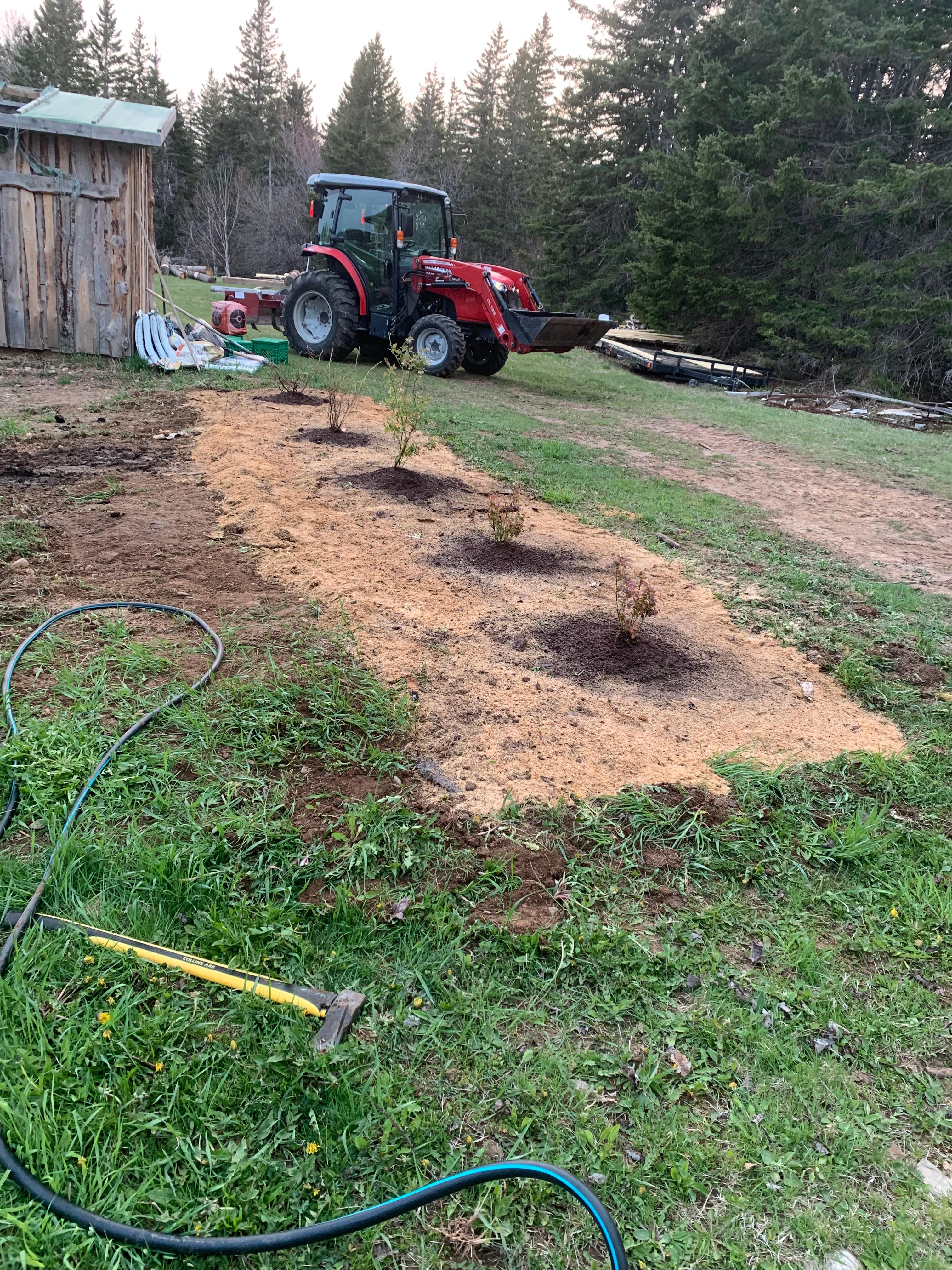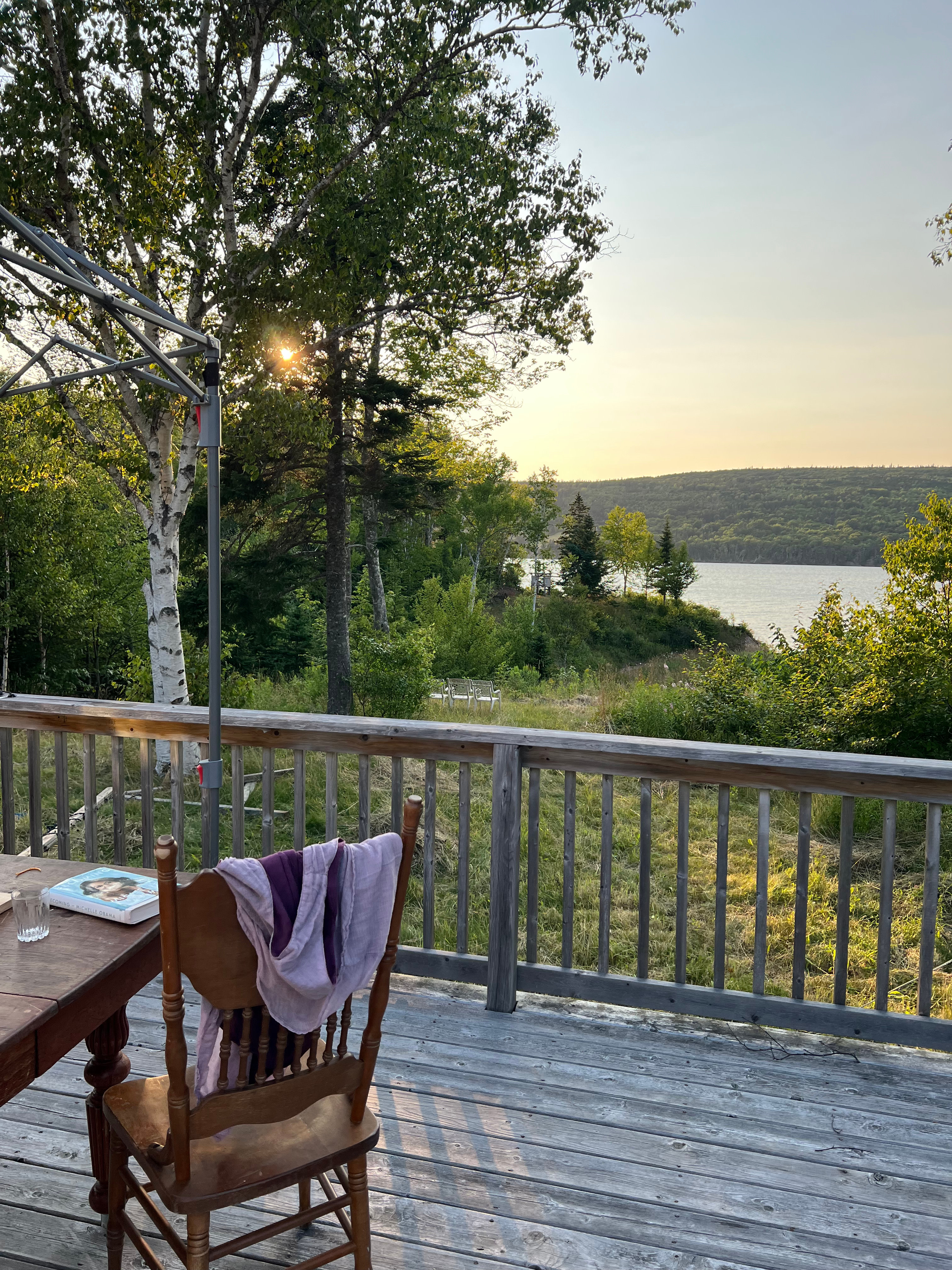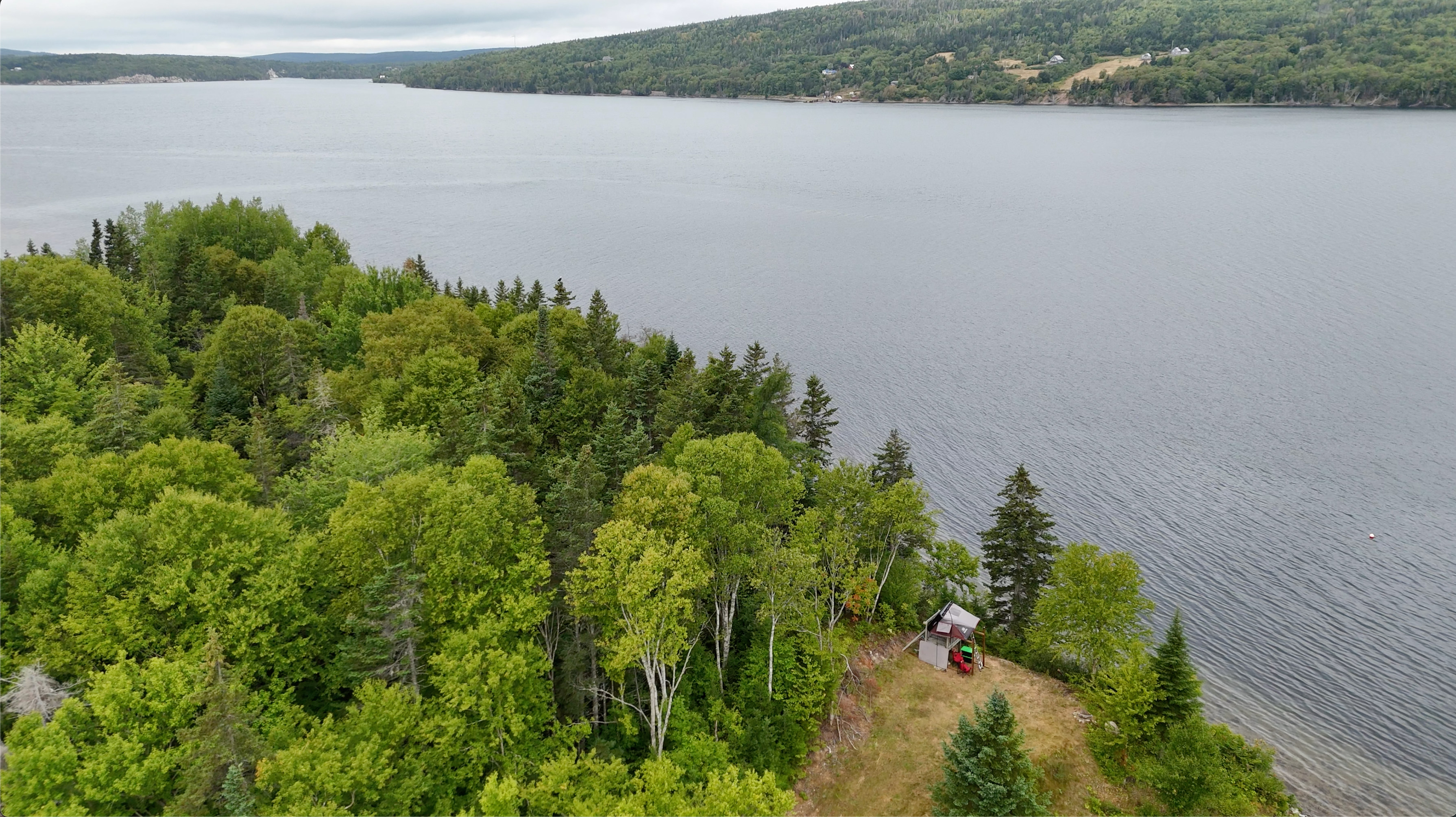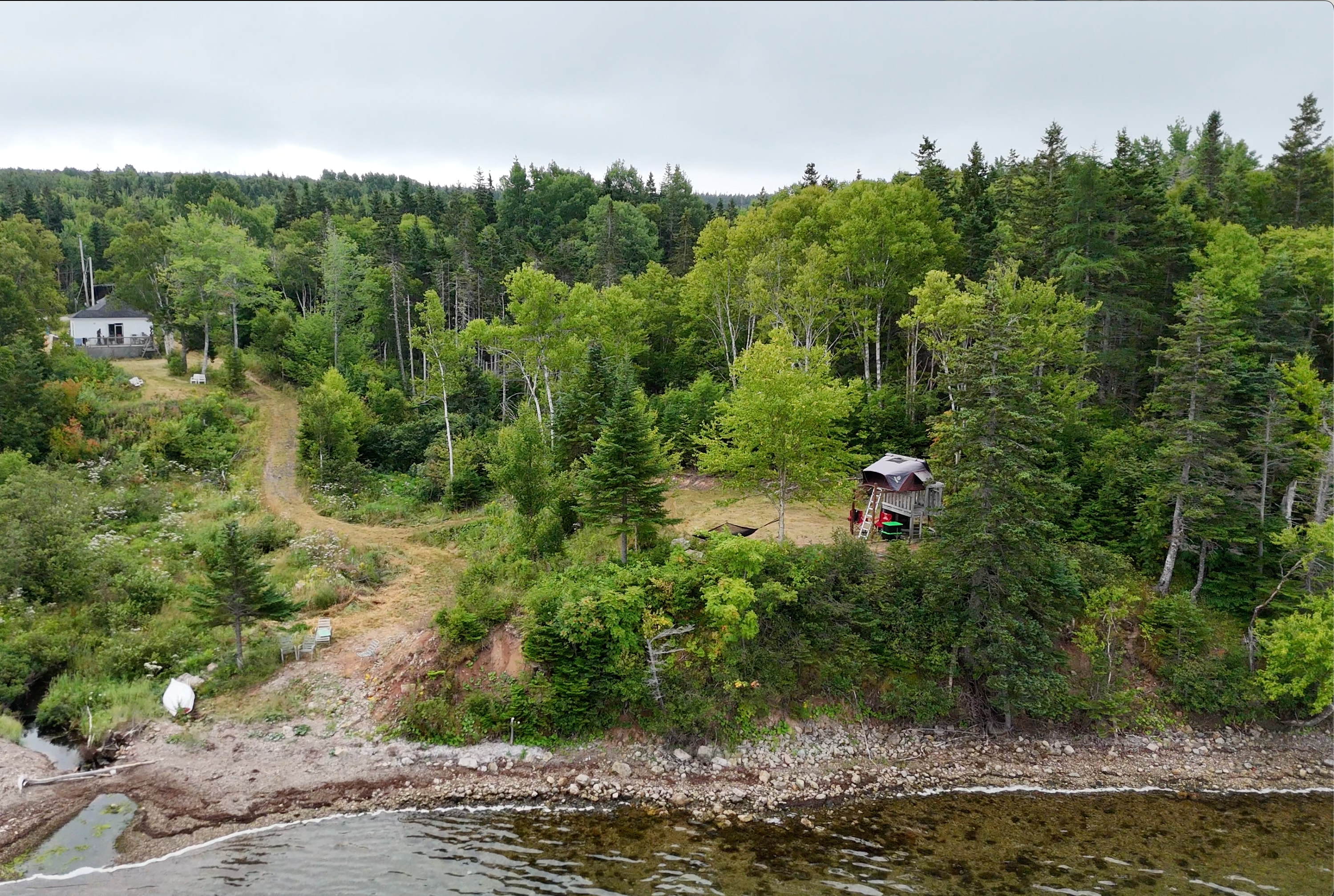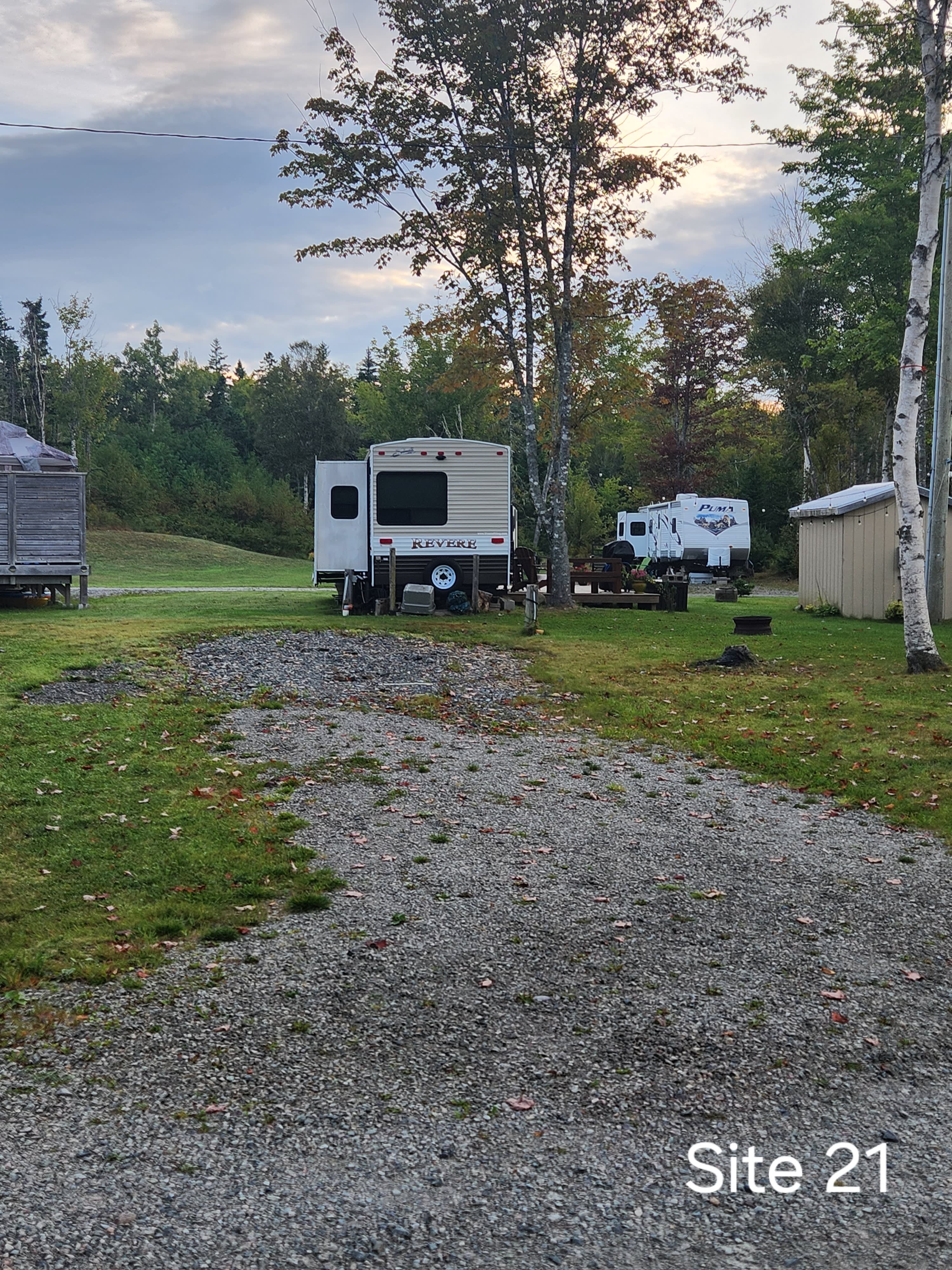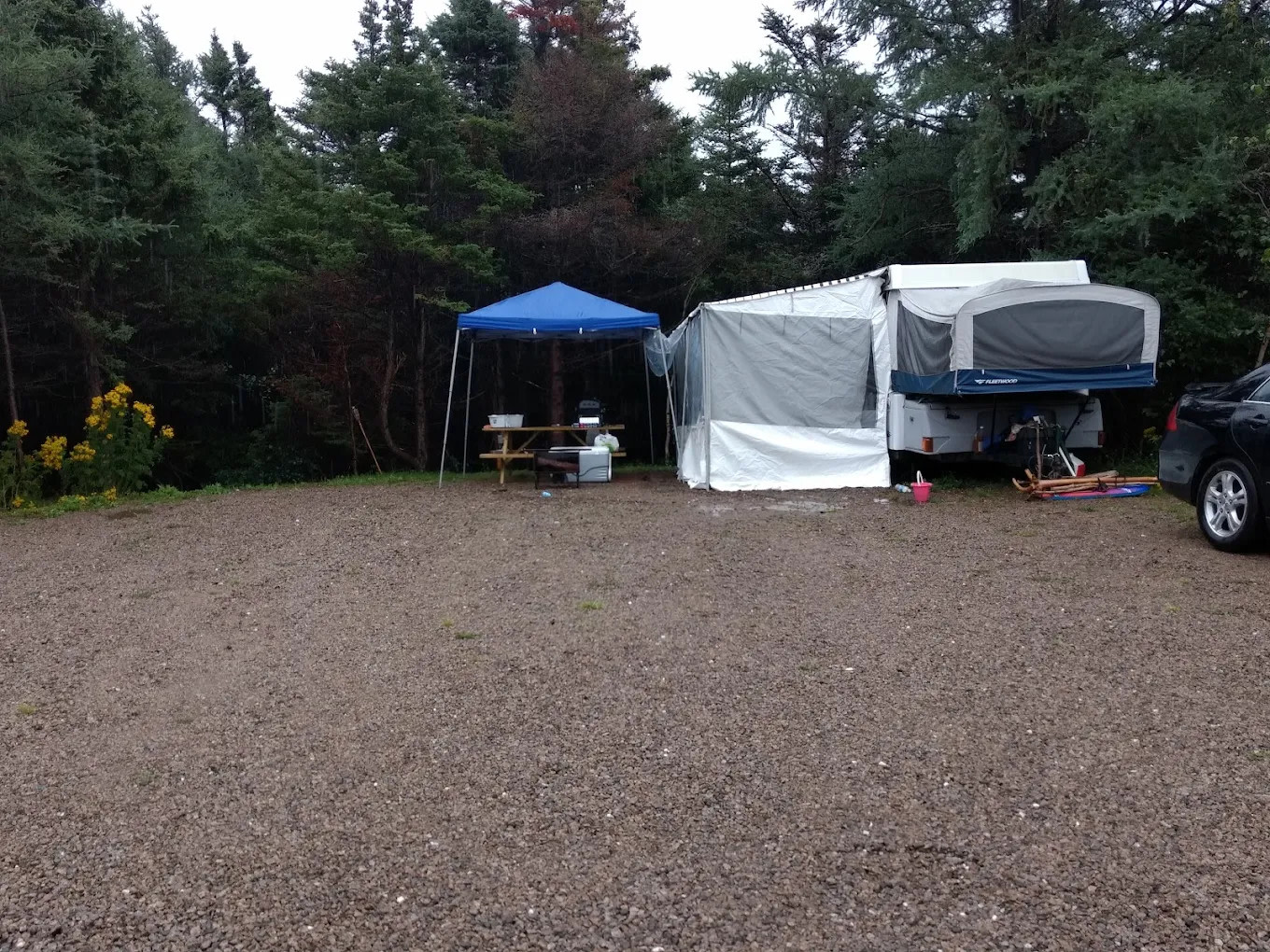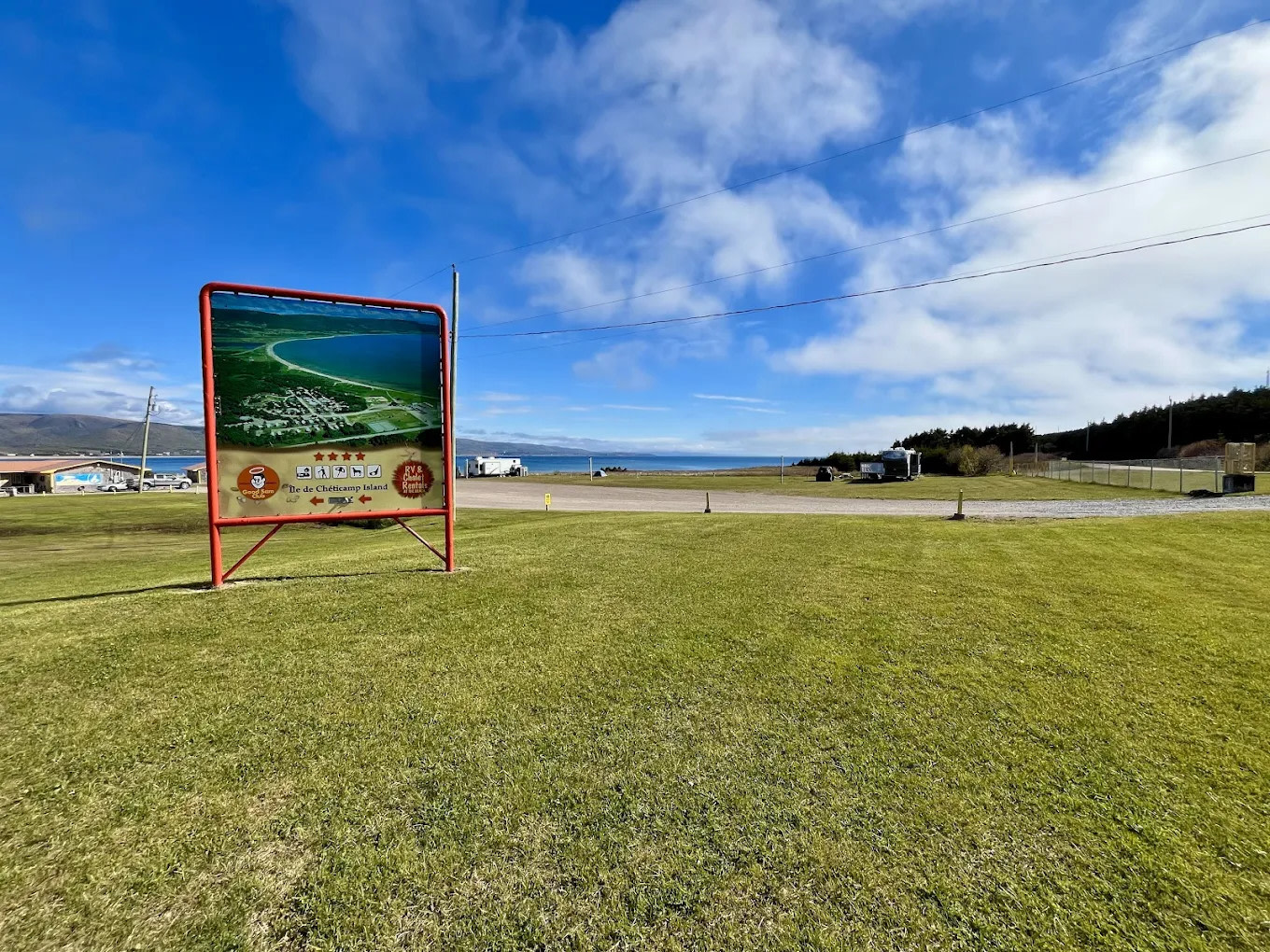- Cape Breton Highlands National Park/
- Camping
The best camping in Cape Breton Highlands National Park, NS
The best camping in Cape Breton Highlands National Park, NS
1. Smokey View
2. Aspy Acres
3. Live Life In Tents Campground
4. Sally's Brook Wilderness Cabins
5. Black Rock Stables
6. Cape Breton Glamping, The Pioneer
7. Accolade Retreat Kevin
8. The Country
9. Wreck Cove, Cabot Trail Oceanfront
10. The Dancing Moose Vacation rentals
11. Hawthorn Eco Retreat
12. The Barachois Beach
13. Cabot Cottage and Seaside Cabins
14. Fainne Crann Camping
15. Back Forty
16. Great Bras D'Or Waterside Camp
17. Island Point Resort
18. Plage St Pierre Beach and Campground
Discover the most magical spots to pitch your tent or park your rig on your next Cape Breton Highlands National Park adventure.



Recent reviews from the Hipcamp community
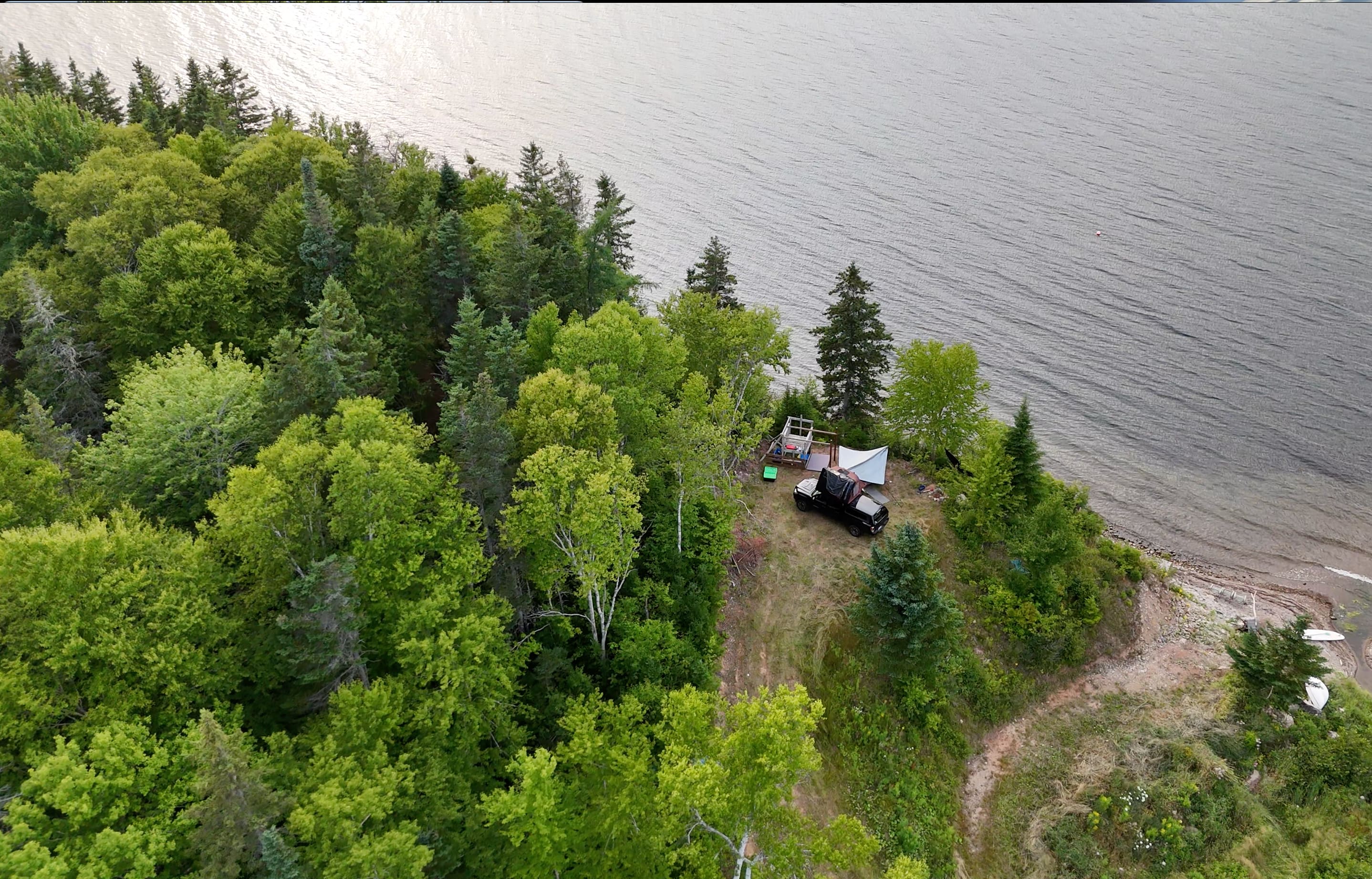
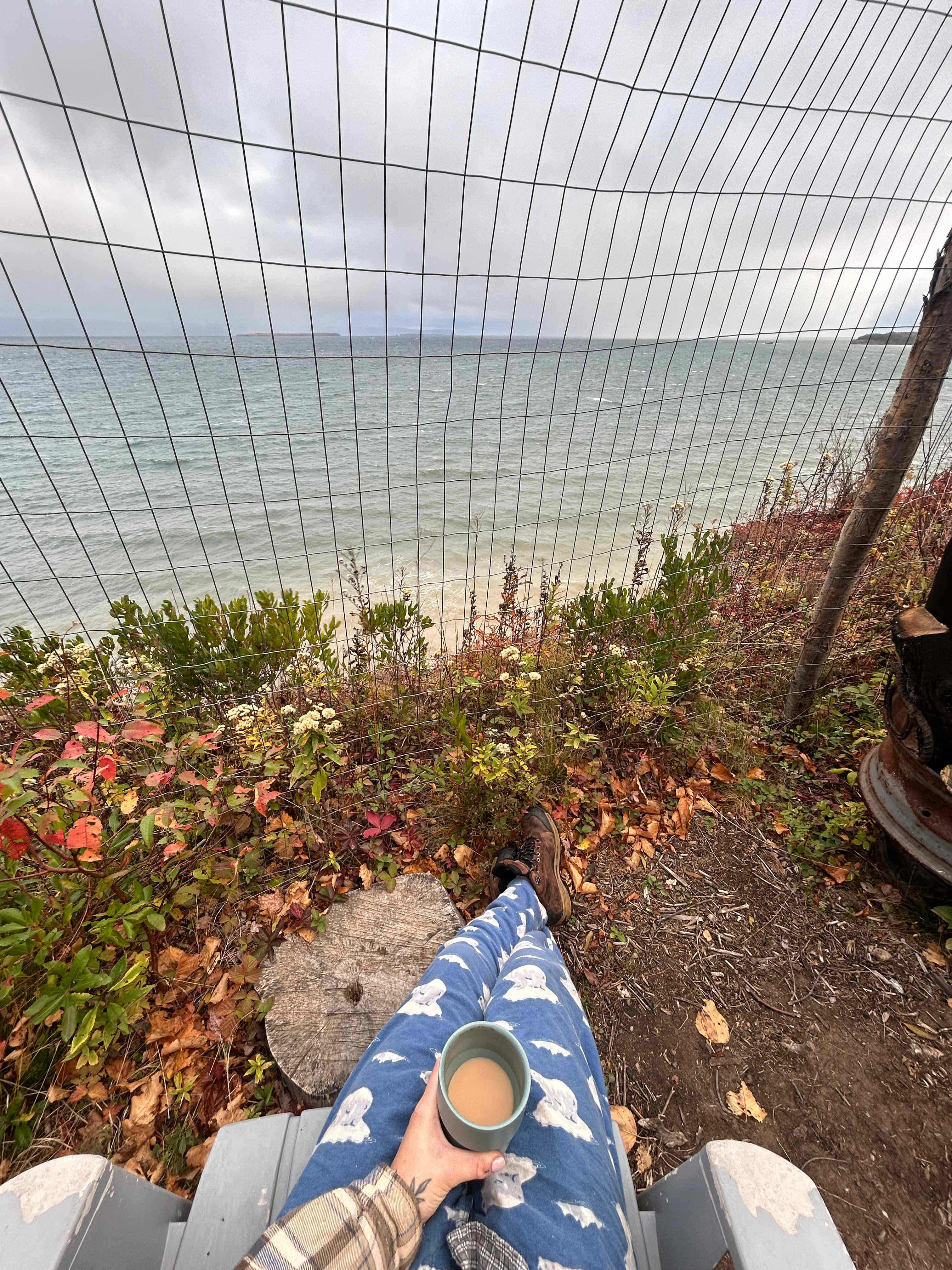
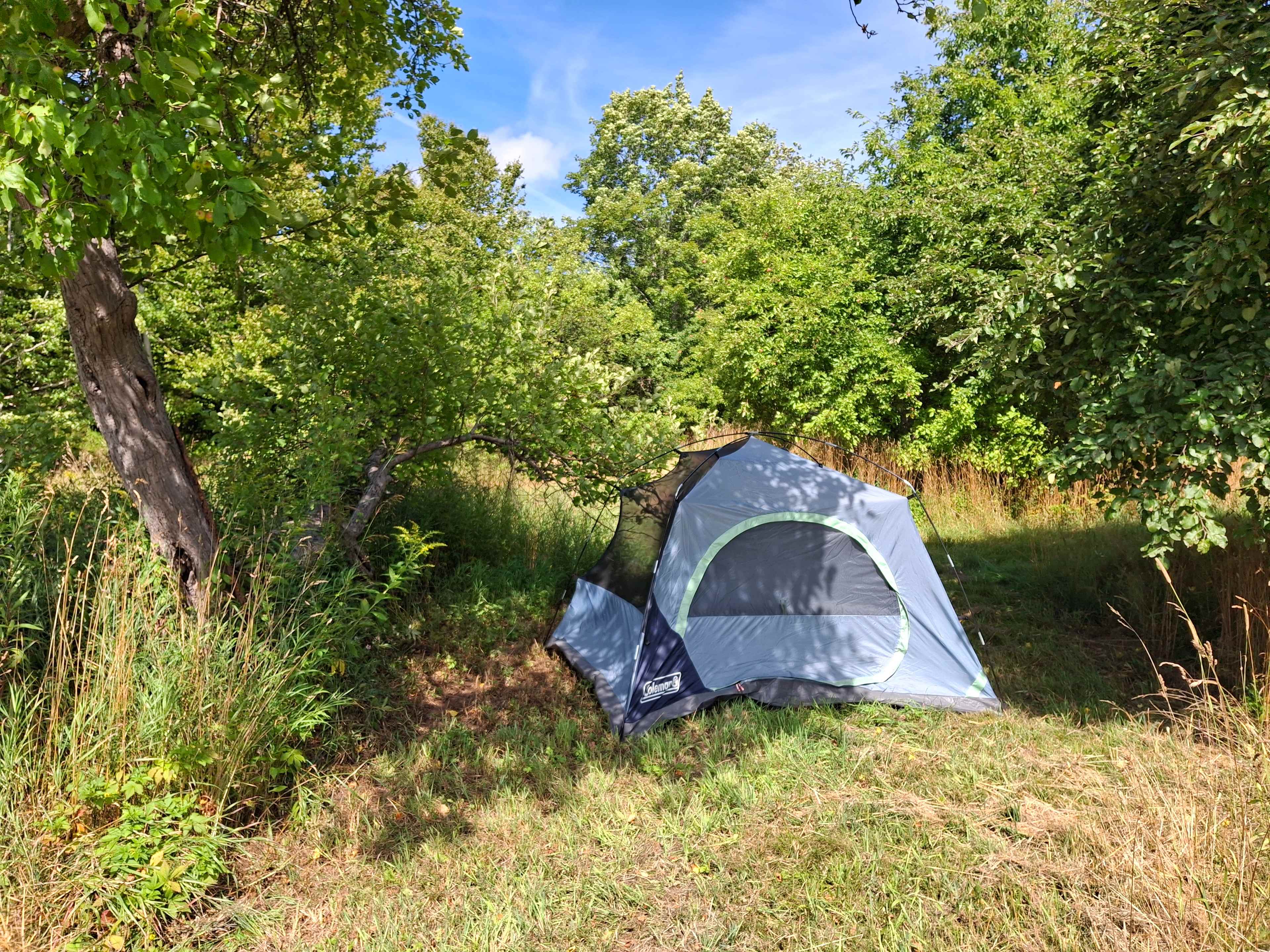
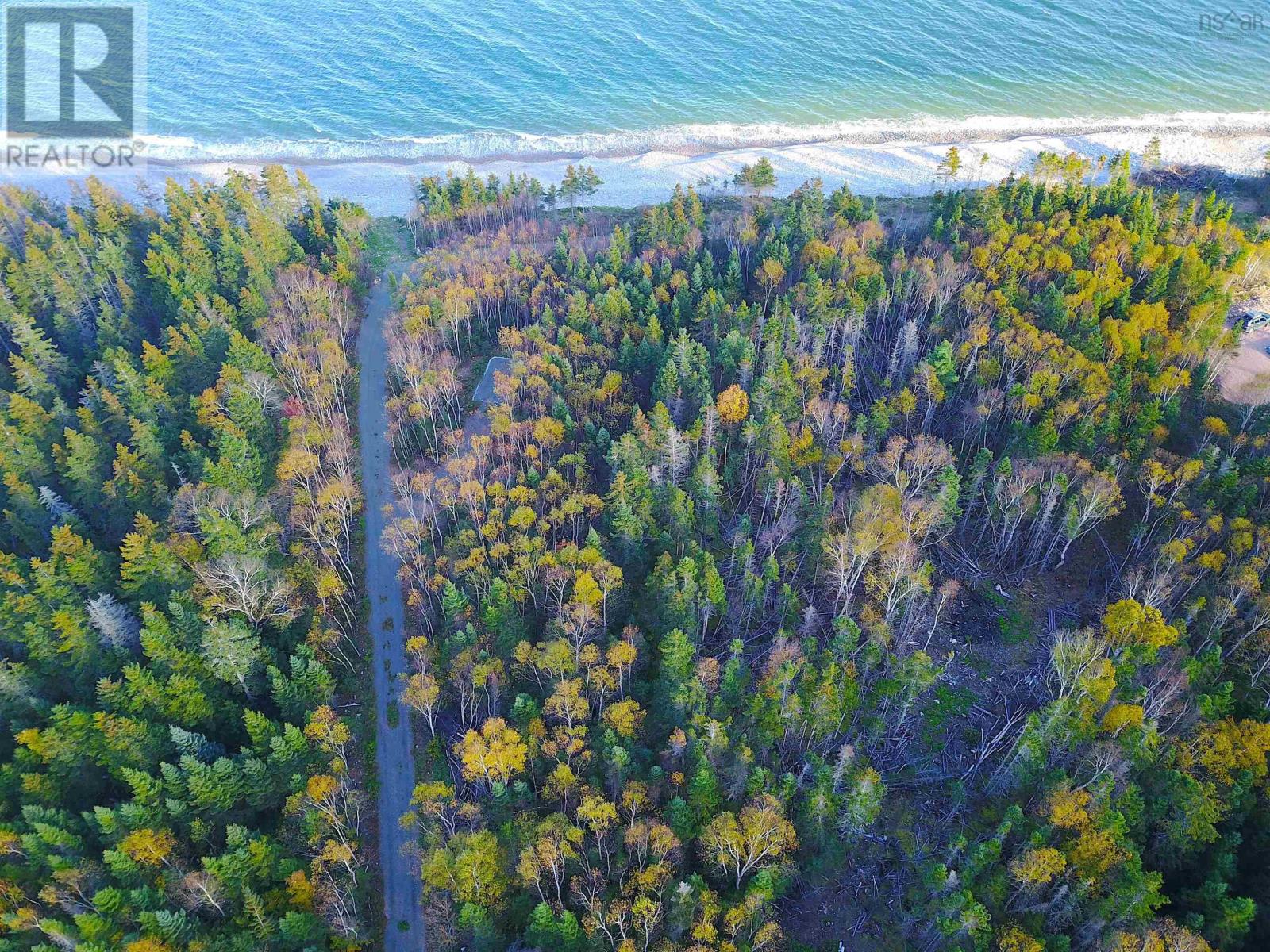
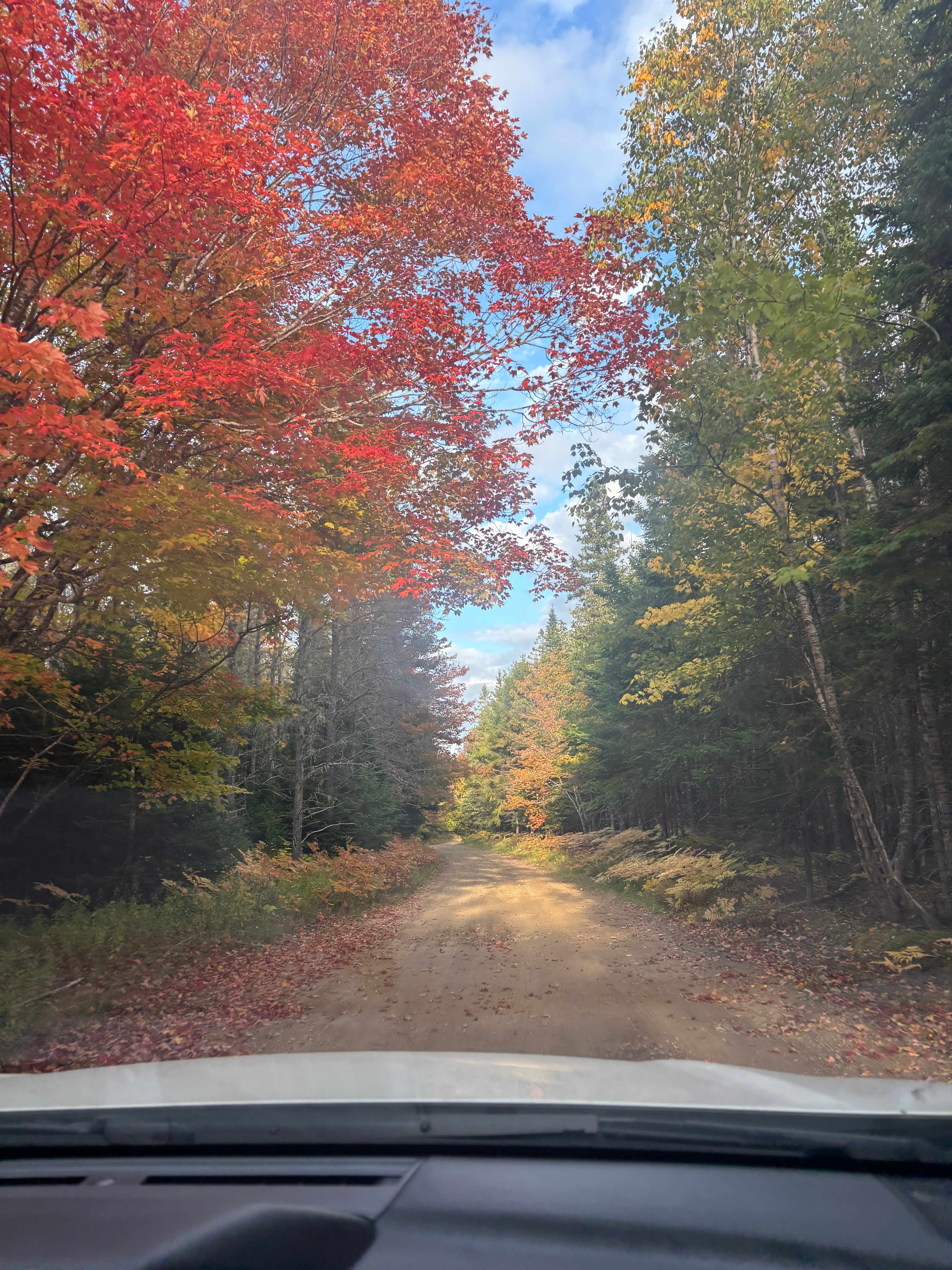
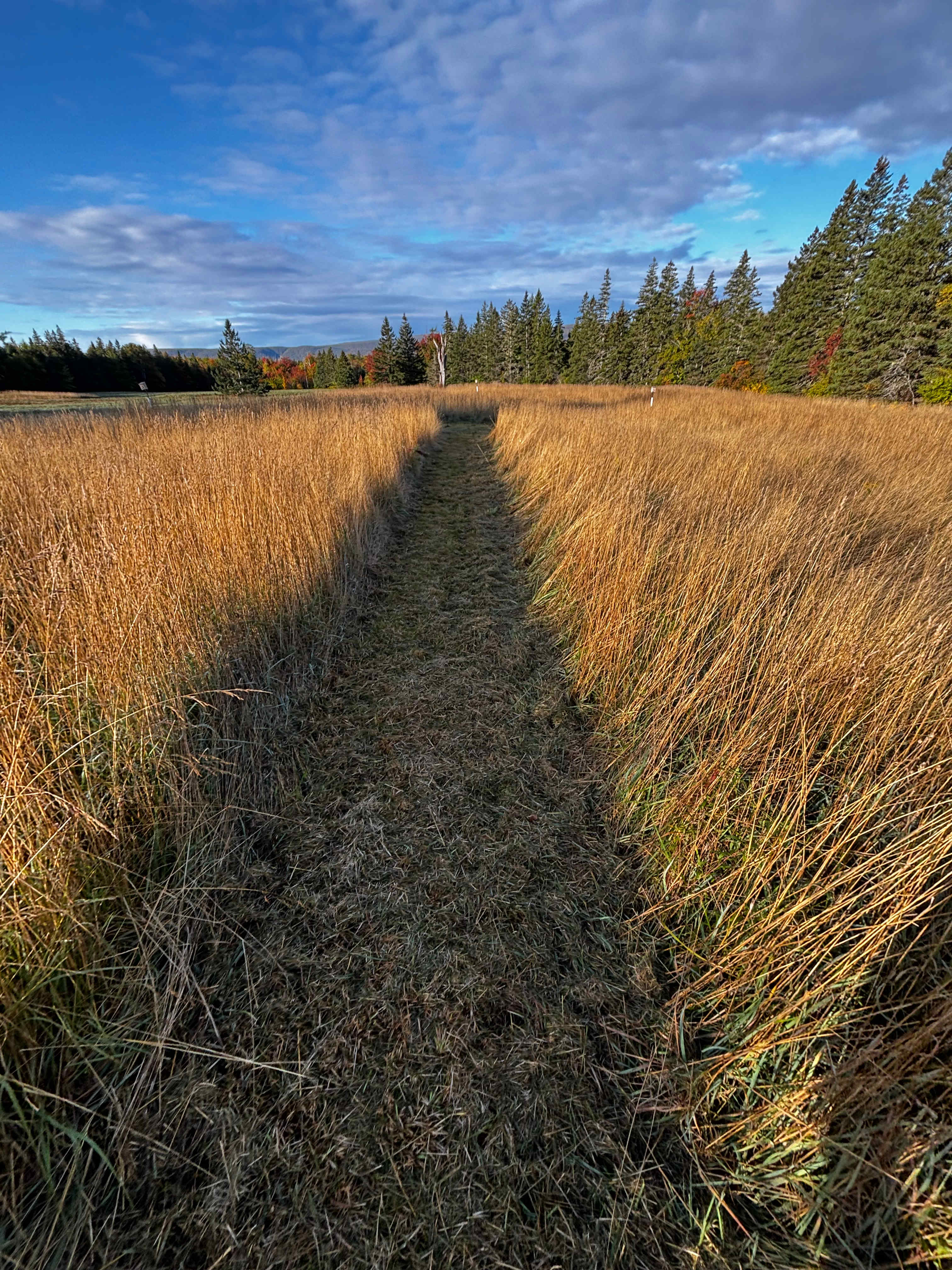
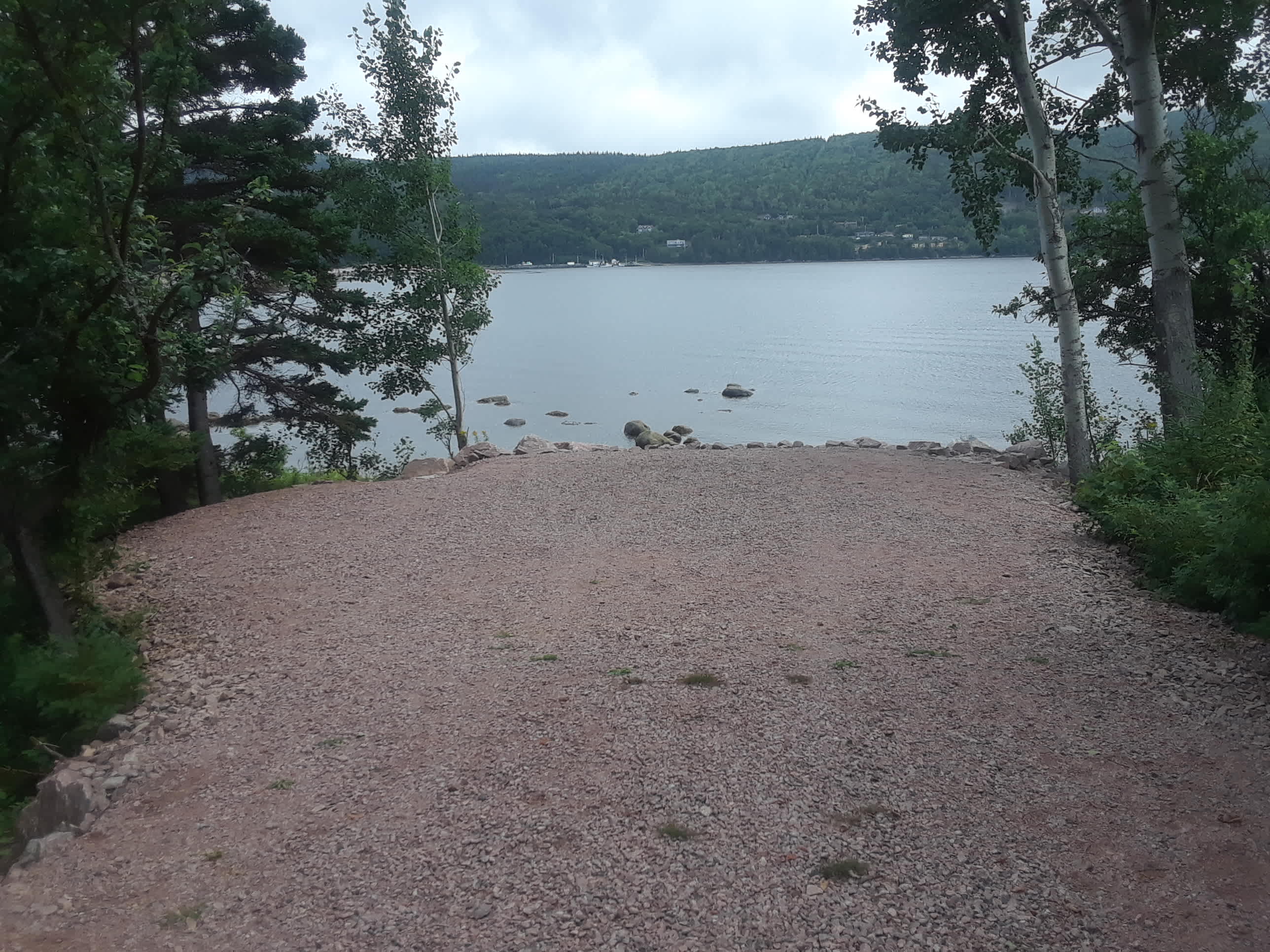

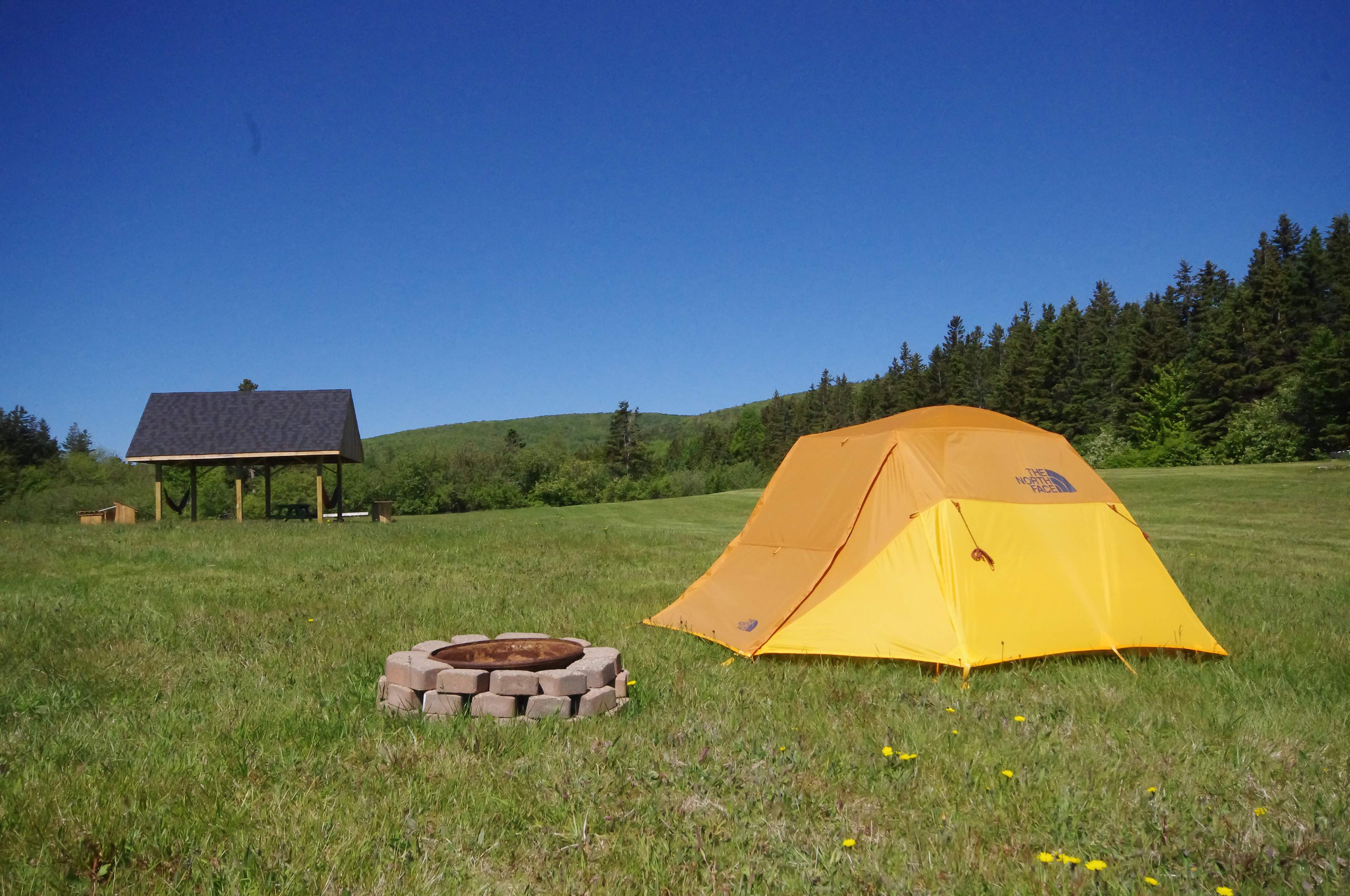
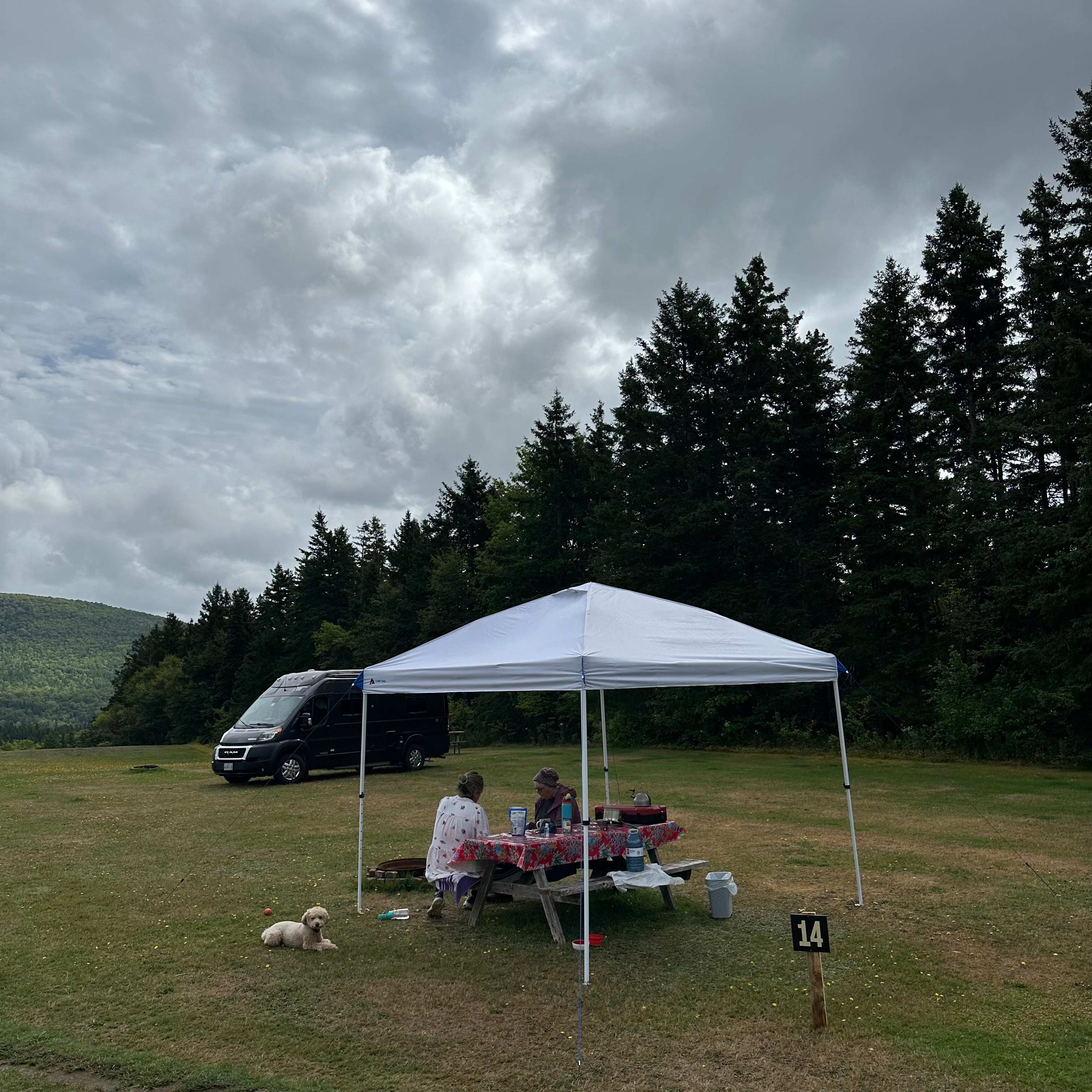
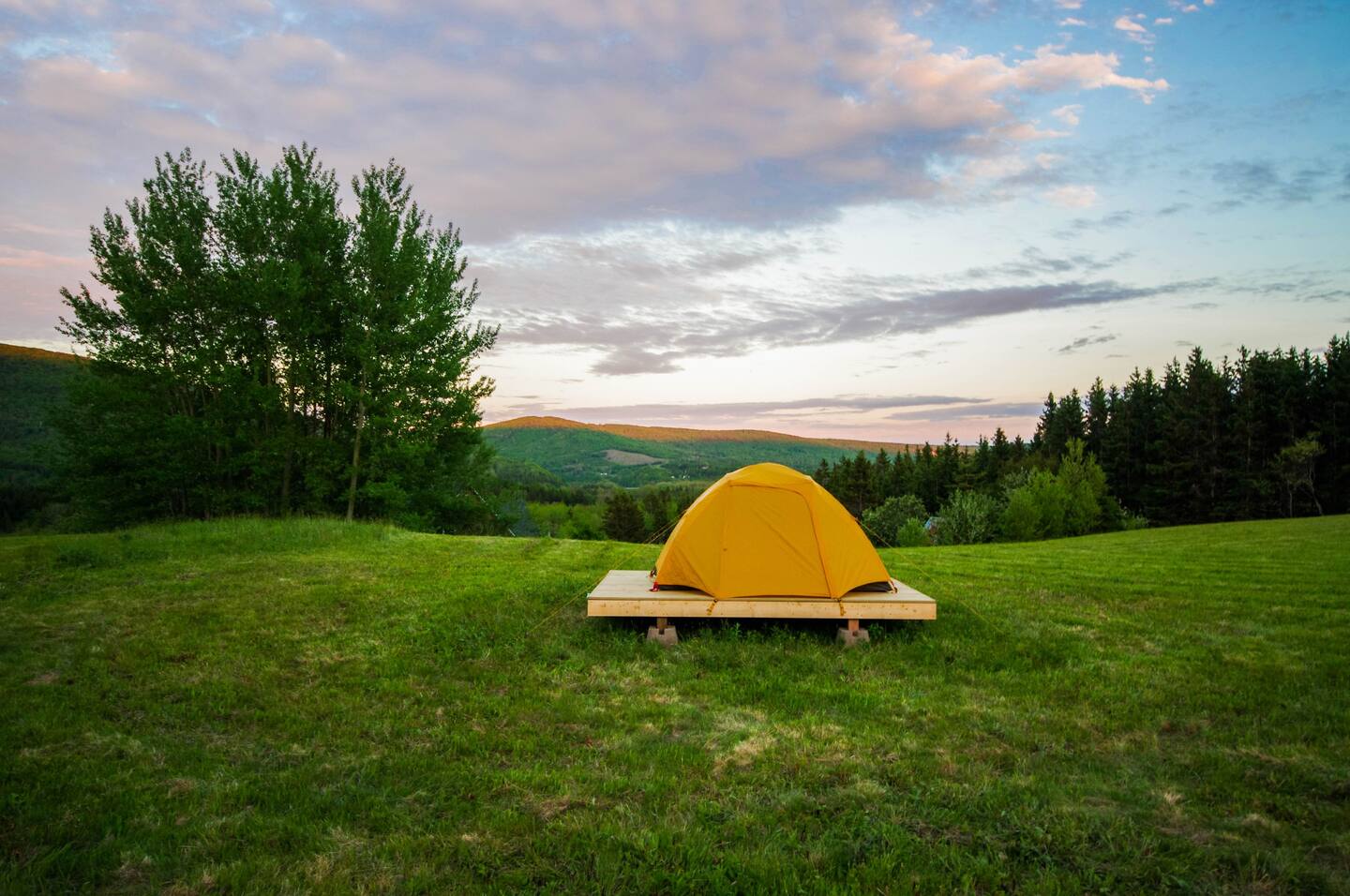
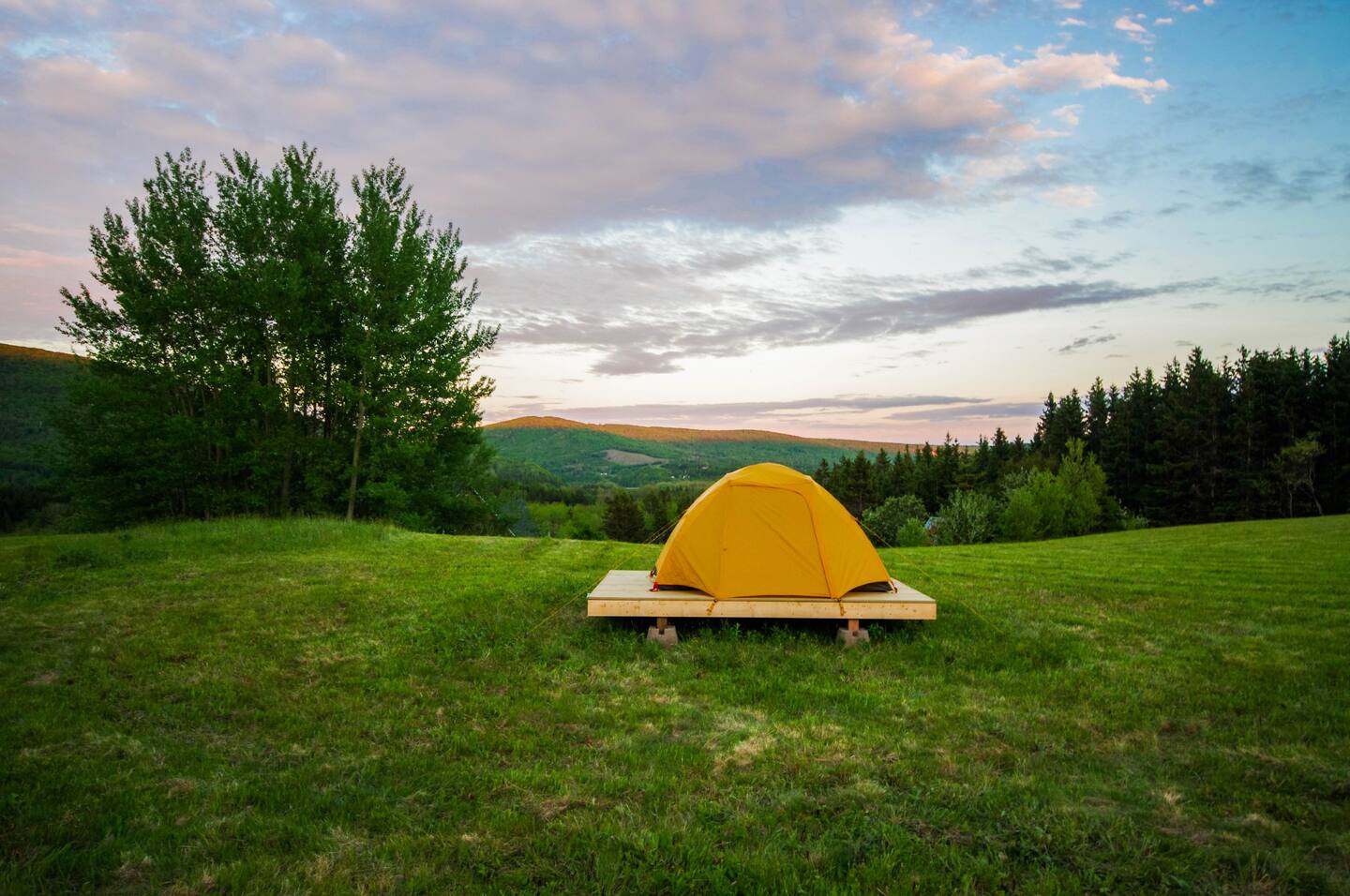
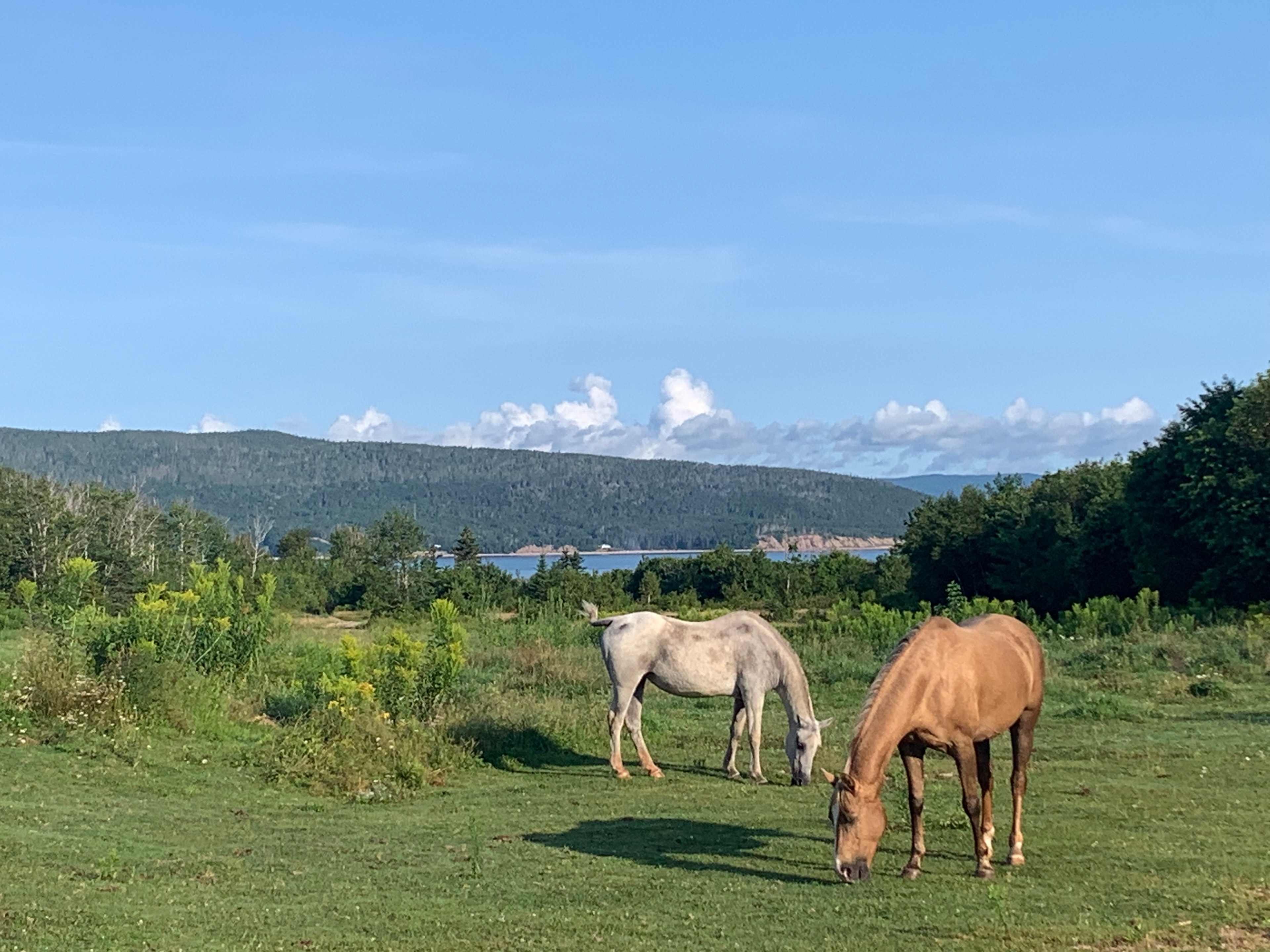

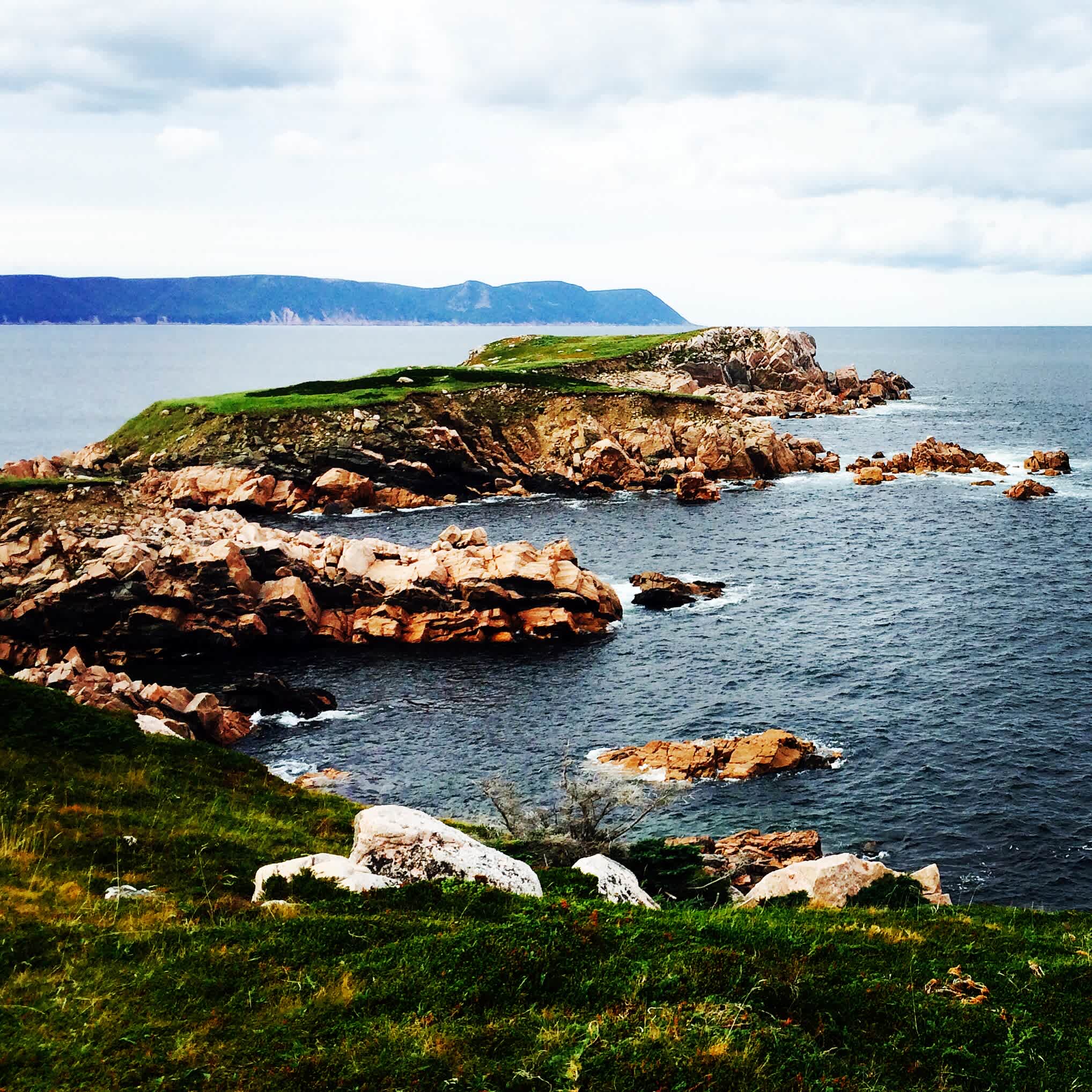


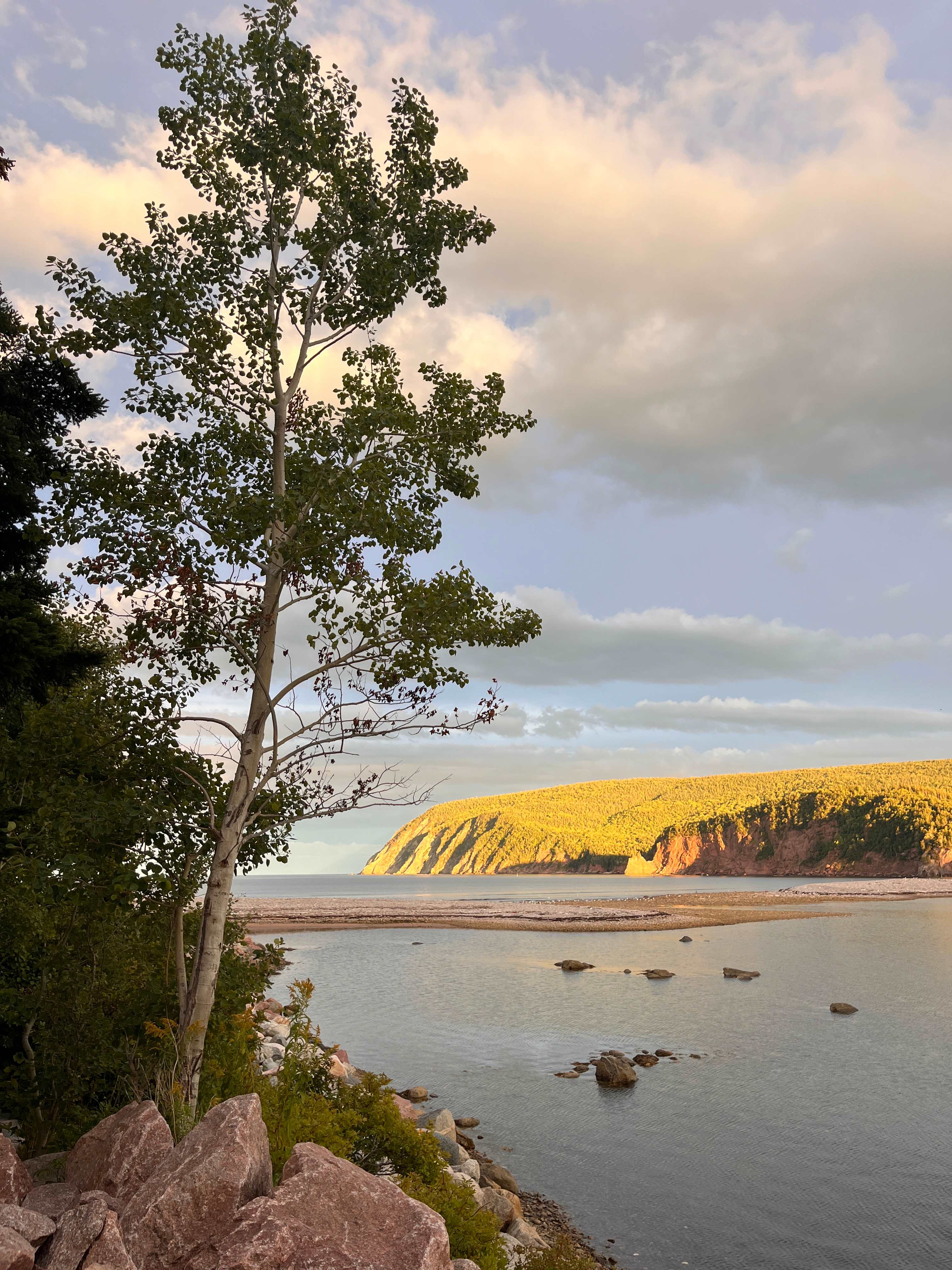
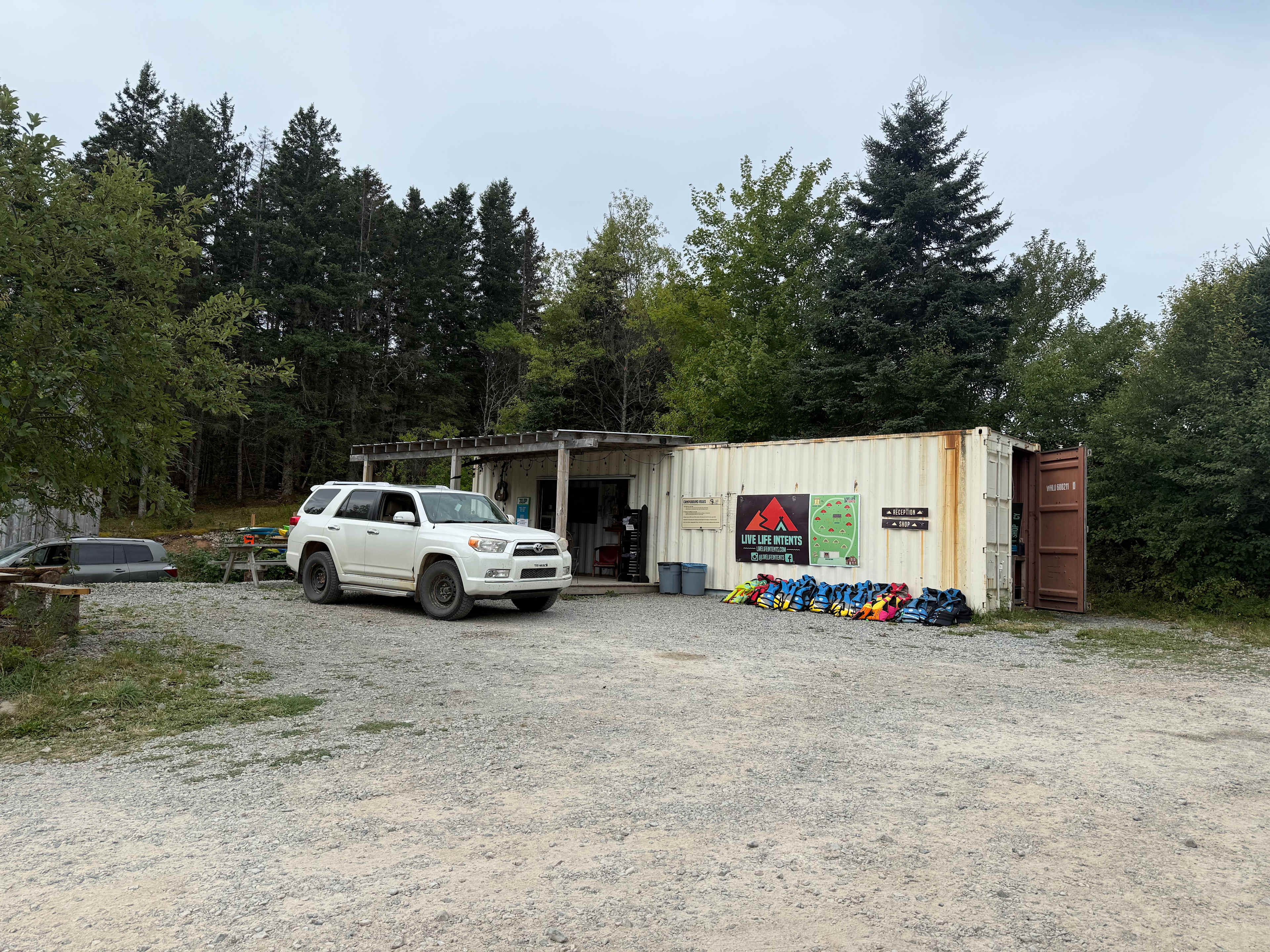
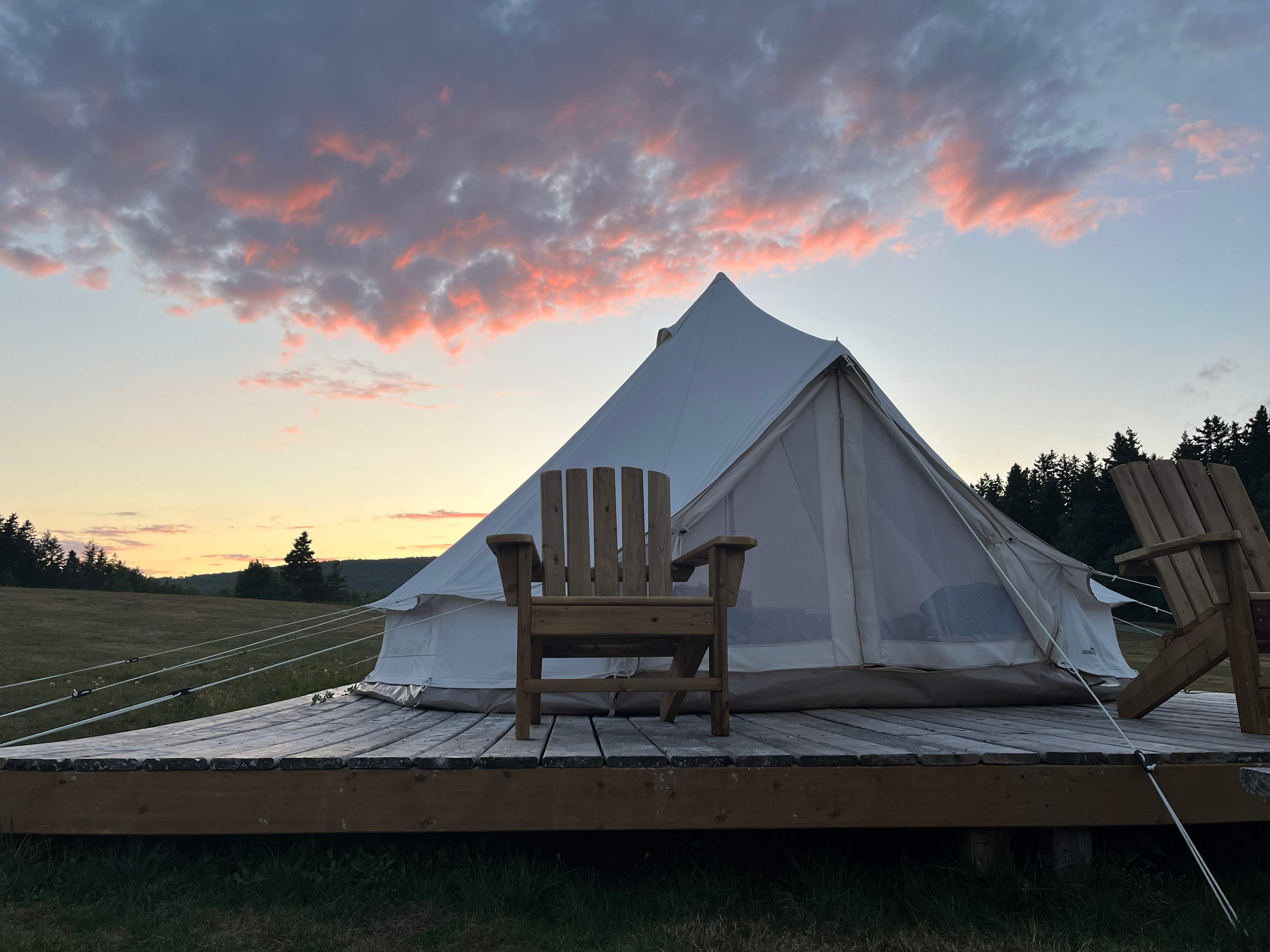
The best camping in Cape Breton Highlands National Park, NS guide
Overview
About
Old-growth boreal forest and steep river canyons dominate the landscape of Nova Scotia’s Cape Breton Highlands National Park, an elevated plateau bordered by the sea on two sides. Famous for its hiking trails, the park is also a popular road trip destination thanks to the scenic Cabot Trail highway, which runs along the coastline and across the highlands of Cape Breton Island. You can practically hear the bagpipe music echoing across the wilderness; top that off with a handful of sandy beaches, plenty of wildlife (think lynx, moose, and bald eagles), and a robust selection of campgrounds, and you’ve got the ideal Maritime getaway.
Notable campgrounds
- Best for families: Ingonish Beach Campground
- Best for exploring town: Chéticamp Campground
- Best for backcountry enthusiasts: Fishing Cove Campground
Tips for snagging a campsite
- The Parks Canada online reservation service typically opens in late January for summer bookings. Try to reserve as far in advance as possible if you want to snag a backcountry spot at Fishing Cove, or one of the coveted oTENTiks shelters at Chéticamp, Ingonish Beach, and Broad Cove.
- If you don’t have your own tent and can’t book an oTENTik, check out the equipped camping options at Chéticamp and Ingonish Beach—this reservation type includes all the gear you need to camp and cook.
- Several of the park’s more rugged campgrounds (Corney Brook, MacIntosh Brook, and Big Intervale), don’t offer online reservations and are a good bet if you’re planning a last-minute stay.
When to go
Cape Breton Highlands National Park is open year-round, though hiking is best between May and November, when winter snows have fully melted. Summer is the most popular time to visit the park’s beaches, with ocean temperatures warming up in July and cooling in September. Visit during autumn to avoid pesky flies and catch Cape Breton’s annual Celtic Colors music festival. Many park facilities are closed during winter, but trails remain open for snowshoeing and cross-country skiing.
Know before you go
- You can enter the park on the western side via the Chéticamp visitor center, or on the east side via the Ingonish Beach visitor center. Due to the park’s size, it’s a good idea to plan out your preferred park entrance and campsites in advance to avoid extra hours of driving.
- Some campgrounds—including Corney Brooke, Big Intervale, and Fishing Cove—don’t offer potable water hookups onsite. Be sure to bring your own water or filter if you’re planning to stay at one of these more rugged spots.
- You can find wifi hotspots within the Broad Cove, Cheticamp and Ingonish Beach campgrounds.
- The park’s Chéticamp and Broad Cove campgrounds include wheelchair-accessible oTENTiks and tent sites, along with accessible restrooms and showers.
